Several players from padel professionals find themselves in an unbearable situation which prevents them from carrying out their work normally. A player and a player have the courage to speak out on a subject that has been largely taboo until now.
The freedom of speech
It all started when the Argentinian player Ramiro Pereyra decided to speak out on social media. A tournament was organized by the APT Padel Tour in his home town of Mar del Plata, but the young Argentinian was unable to play in the competition for administrative reasons.
It's neither the first nor the last time, but the Argentinian was particularly disappointed not to be able to play in front of his family.
"Last week an APT tournament was held in Mar del Plata, in my city, in my house. And I couldn't travel because of paperwork problems. It was probably one of the most important tournaments in recent years in my city…”, lamented Ramiro.
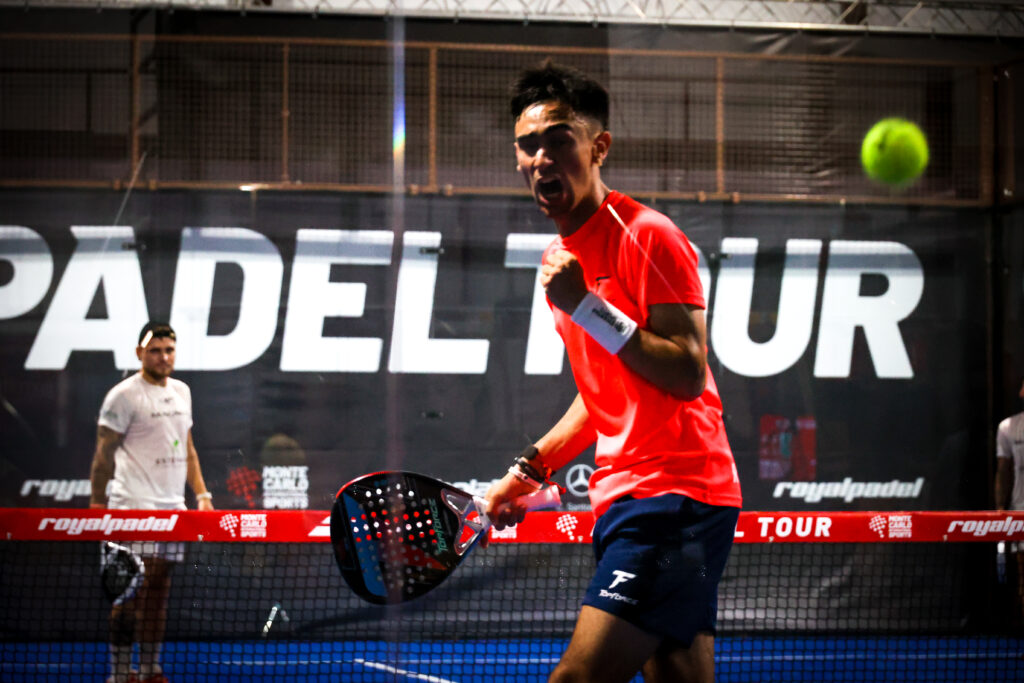
Le padel, an unrecognized profession
“In my situation, being in Europe, registered as domiciled here, I can only afford the “luxury” of traveling to play on the continent and with care. Why this ? As I don't have a passport or “paper” that allows me to play tournaments all over the world, it is obviously very difficult to go to all the competitions", continues the 46th player in the APT ranking.
The root of the problem lies in the fact that these South American players do not benefit from a work visa when they come to settle in Spain to practice their profession.
Some manage to find parades such as enrolling in university to have a student visa, a solution that is in no way lasting. A player even told us one day that he had started marriage proceedings to obtain papers. The miracle solution is often to have an Italian grandparent to benefit from this famous European passport.
Players can't risk being checked without a valid visa, which is why some don't even fly into the European Union. They mostly travel by bus and rarely leave Spain.
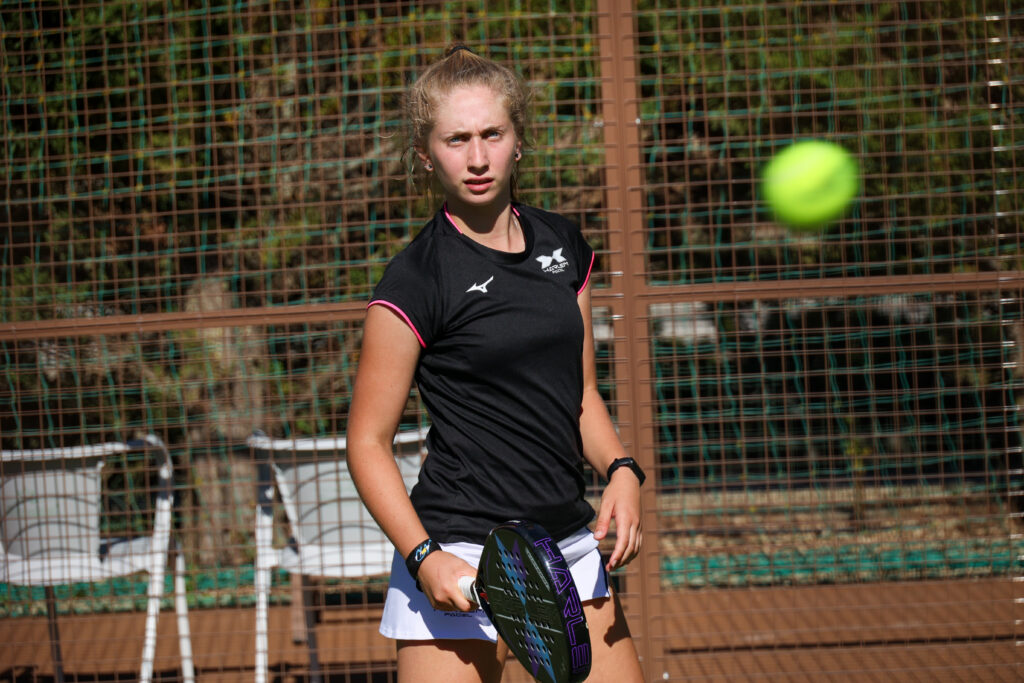
"We are scared"
Currently, eight players would be in this situation. A difficult situation for them, and some South American talents could also be forced to drop the case if no one helps them.
“We can travel and take part in certain competitions, but we are afraid!", Explain Nerea Derbies à Padel Magazine. Indeed, a simple police check can see a player without a valid visa find himself under an obligation to leave the territory. Despite this situation, Nerea does not want to let go of her dream of being among the best.
“We would like to get support to allow us to continue to dedicate ourselves to this wonderful sport”she continues.
“I wish circuits that involve professional players (WPT, APT, FIP) could give us a solution or at least be aware of the problem. With so many player associations, professional federations, we could be helped. So far, only one association has given the go-ahead and started addressing this issue”, explains Rama Pereyra to Padel Magazine.
Which solution ?
Le padel is a young sport, and the padel professional still has a long way to go to be considered a real profession. A few years ago, or even less, only a handful of players could really be considered professionals. Little by little, things are changing. A player is said to be signing a two million euro annual contract with a brand, proving that there is money in this sport, for the best at least.
The prize-money of competitions has been rising since the arrival of Premier Padel, and there is every reason to believe that more players will be able to make a living from their participation in tournaments and from sponsorship contracts in the years to come. Yet the situation remains unchanged for others, especially those who are not lucky enough to have a European grandparent…
The specificity of padel is that talented young players are forced to move to Spain to try their luck. In tennis, young South American talents do not have to live in Europe and leave their residence in their country of origin. They therefore do not need a long-term visa.
The majority of the great South American talents that we know went through this box, at the time when the padel was not as international. Nationalization, the help of a sponsor, or the fact of staying 5 years on the territory are often the solutions, but not easy to obtain for the players at the bottom of the international ranking.
The players' associations must support these athletes who have put their family life on hold to come and settle in Spain. The International Federation of padel (FIP) must be aware of the problem in order to protect the young South American talents who give this sport diversity.
Padel Magazine supports the speech of Ramiro Pereyra and Nerea Derbis, and invites all the media of the padel to echo it so that it reaches the ears of the federations, which can most certainly change the situation.

From his names, we can guess his Spanish and Italian origins. Lorenzo is a multilingual passionate about sports: journalism by vocation and events by worship are his two legs. He is the international gentleman of Padel Magazine. You will often see it on the various international competitions, but also on the major French events. @eyeofpadel on Instagram to see his best photos of padel !




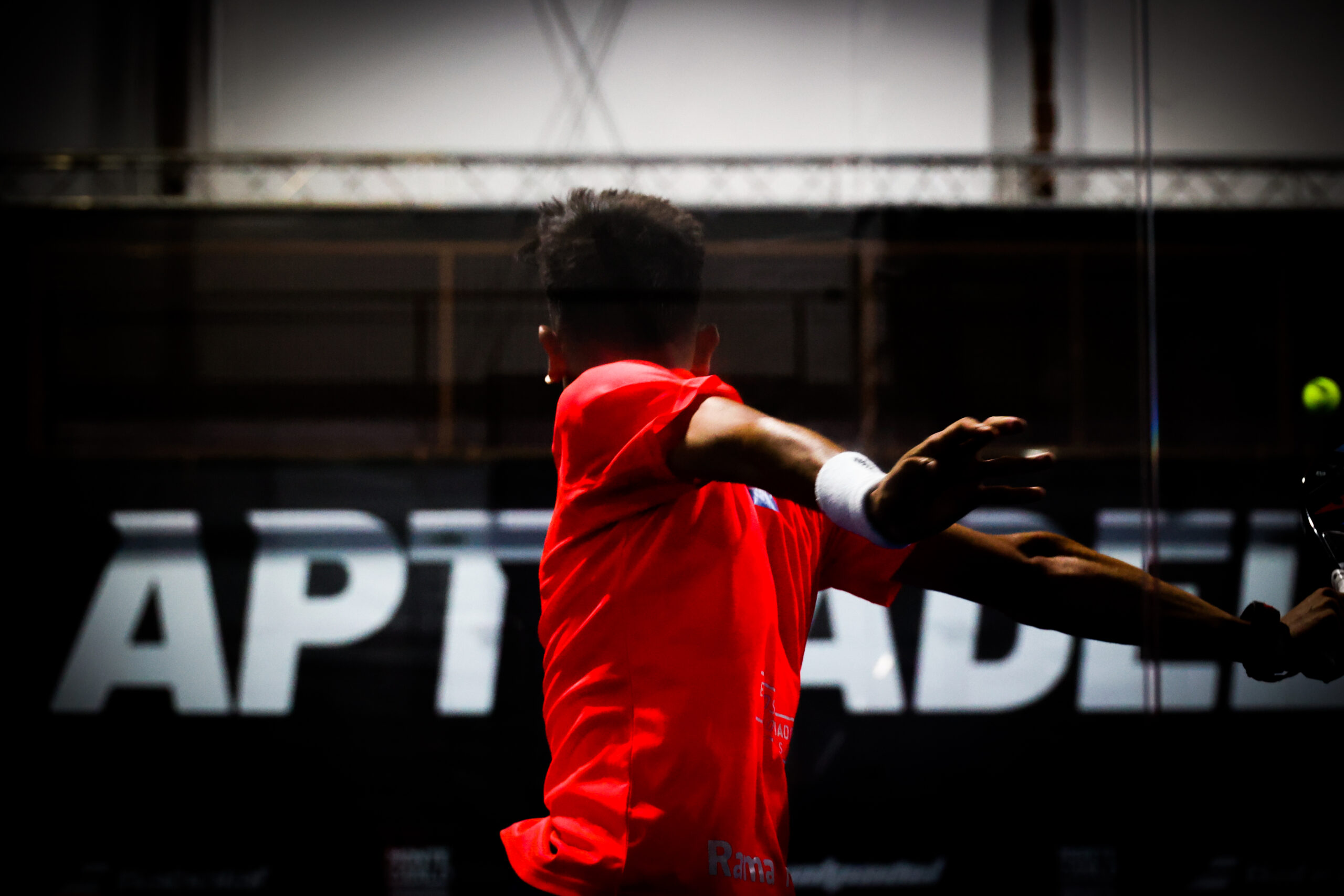




























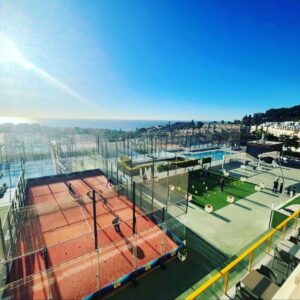




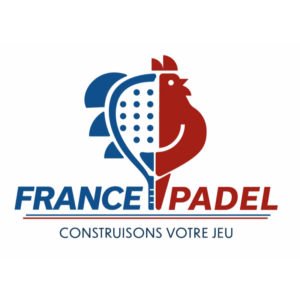





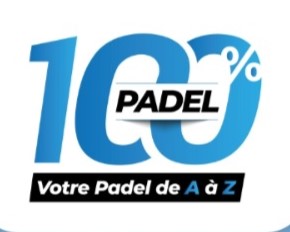









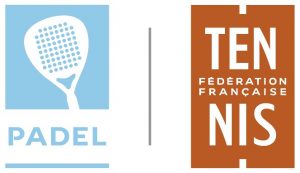














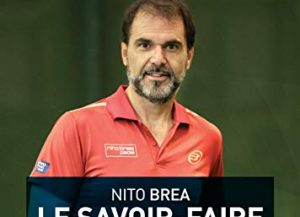
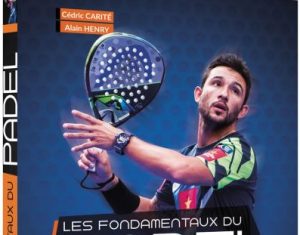













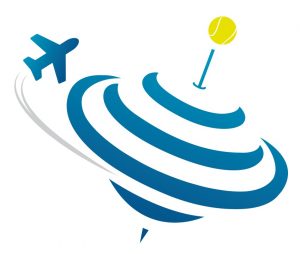
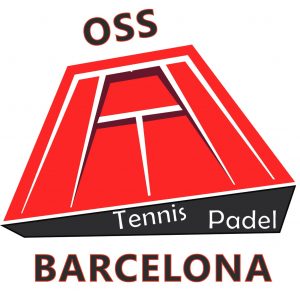
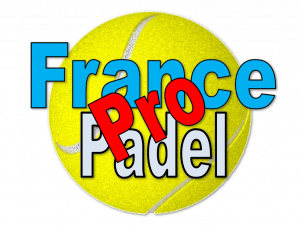














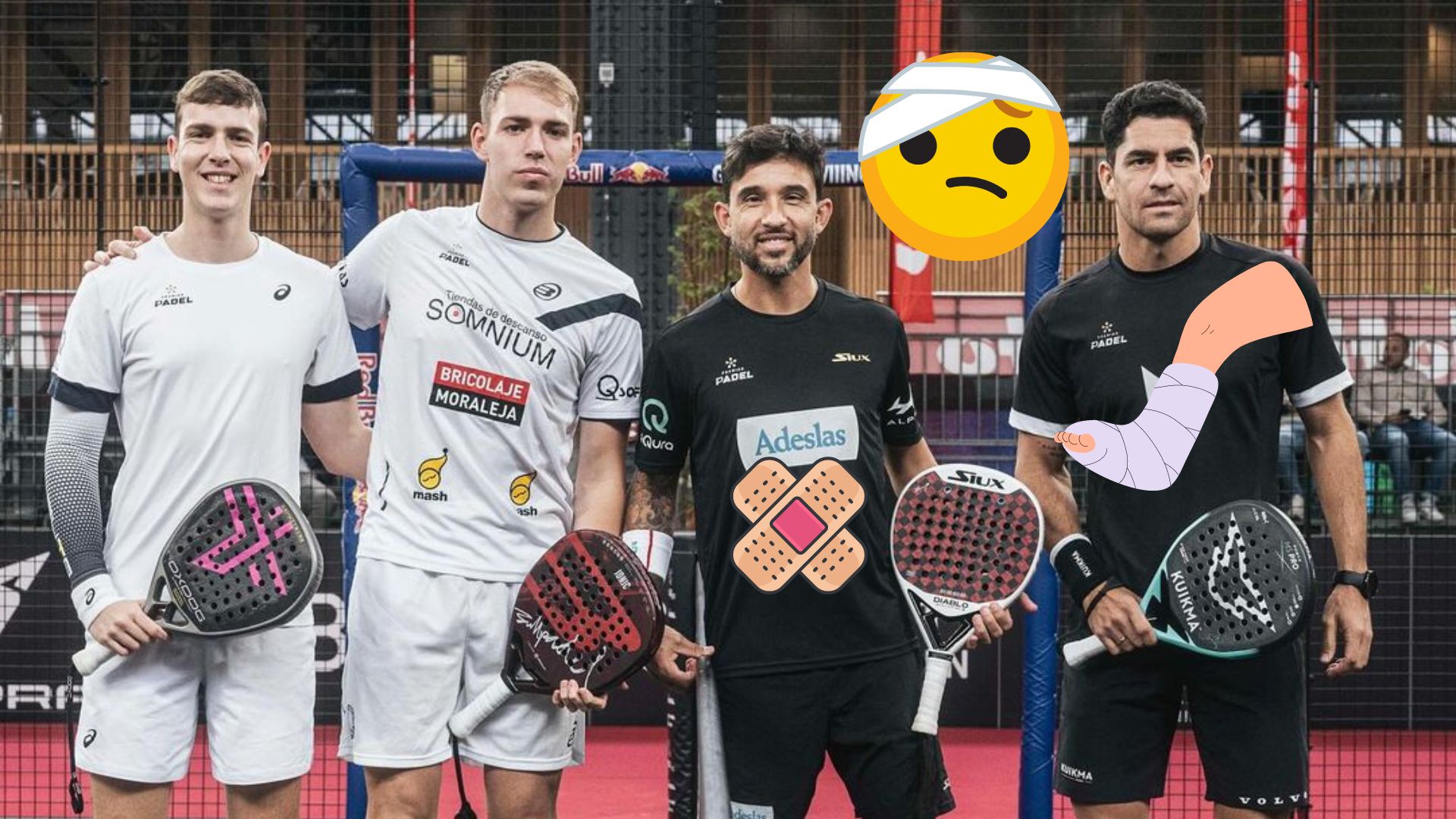 Unusual – Sanyo Gutierrez and Maxi Sanchez suffered in Brussels
Unusual – Sanyo Gutierrez and Maxi Sanchez suffered in Brussels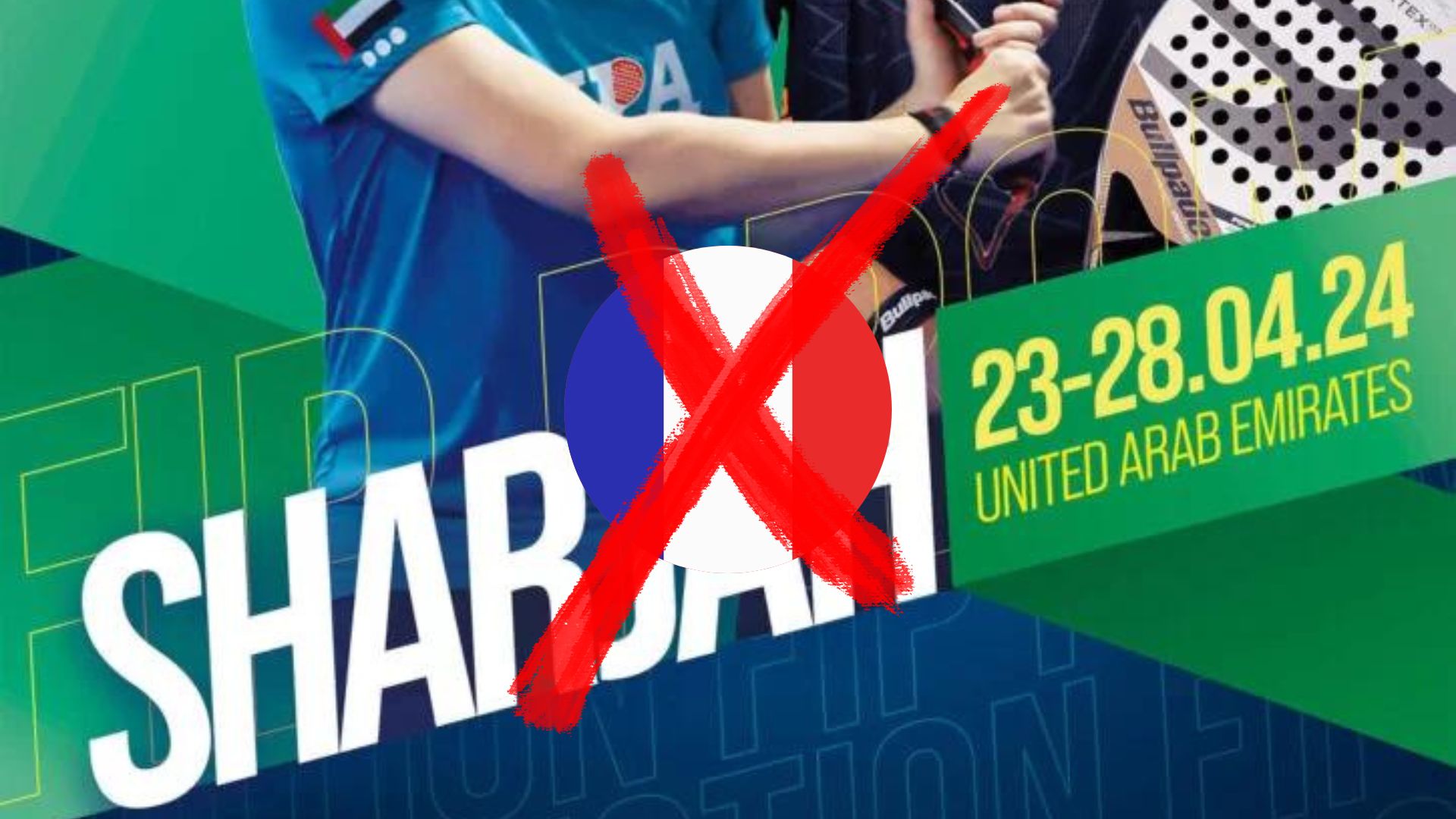 FIP Promotion Sharjah – More French people in the United Arab Emirates
FIP Promotion Sharjah – More French people in the United Arab Emirates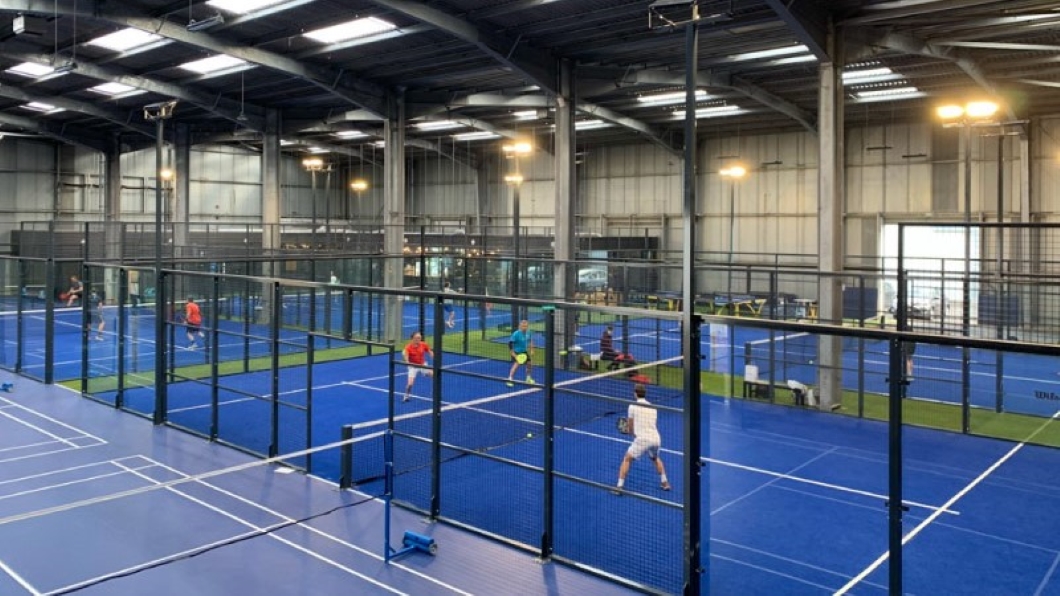 P1000 PadelShot Saint-Étienne – Follow the surprise poster Vincent/Hugounenq – Couturier/Benmergui live
P1000 PadelShot Saint-Étienne – Follow the surprise poster Vincent/Hugounenq – Couturier/Benmergui live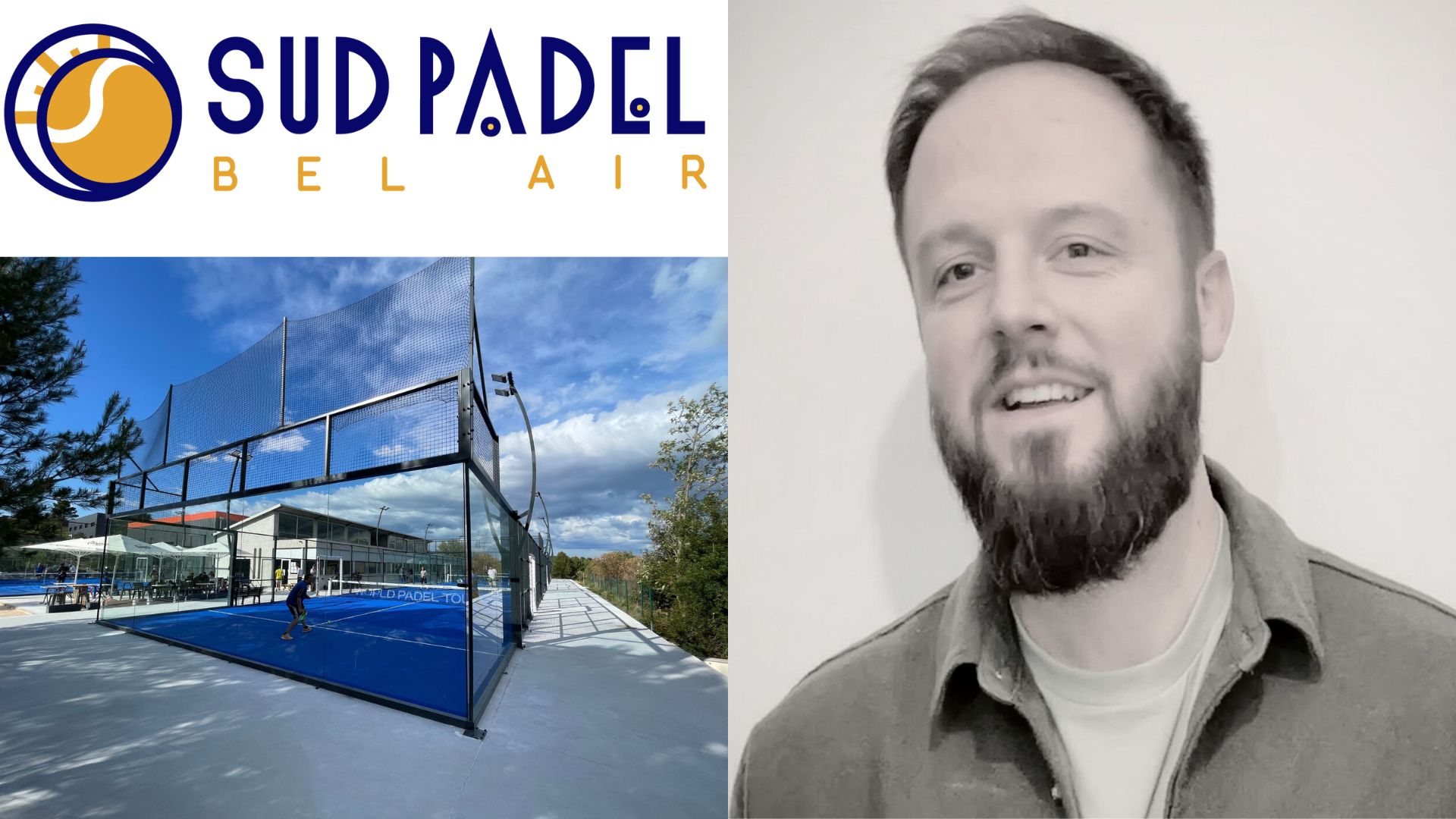 Guillaume Codron de Sud Padel : “A family project”
Guillaume Codron de Sud Padel : “A family project” Nallé Grinda: “Democratize the padel in the USA with PadelX "
Nallé Grinda: “Democratize the padel in the USA with PadelX "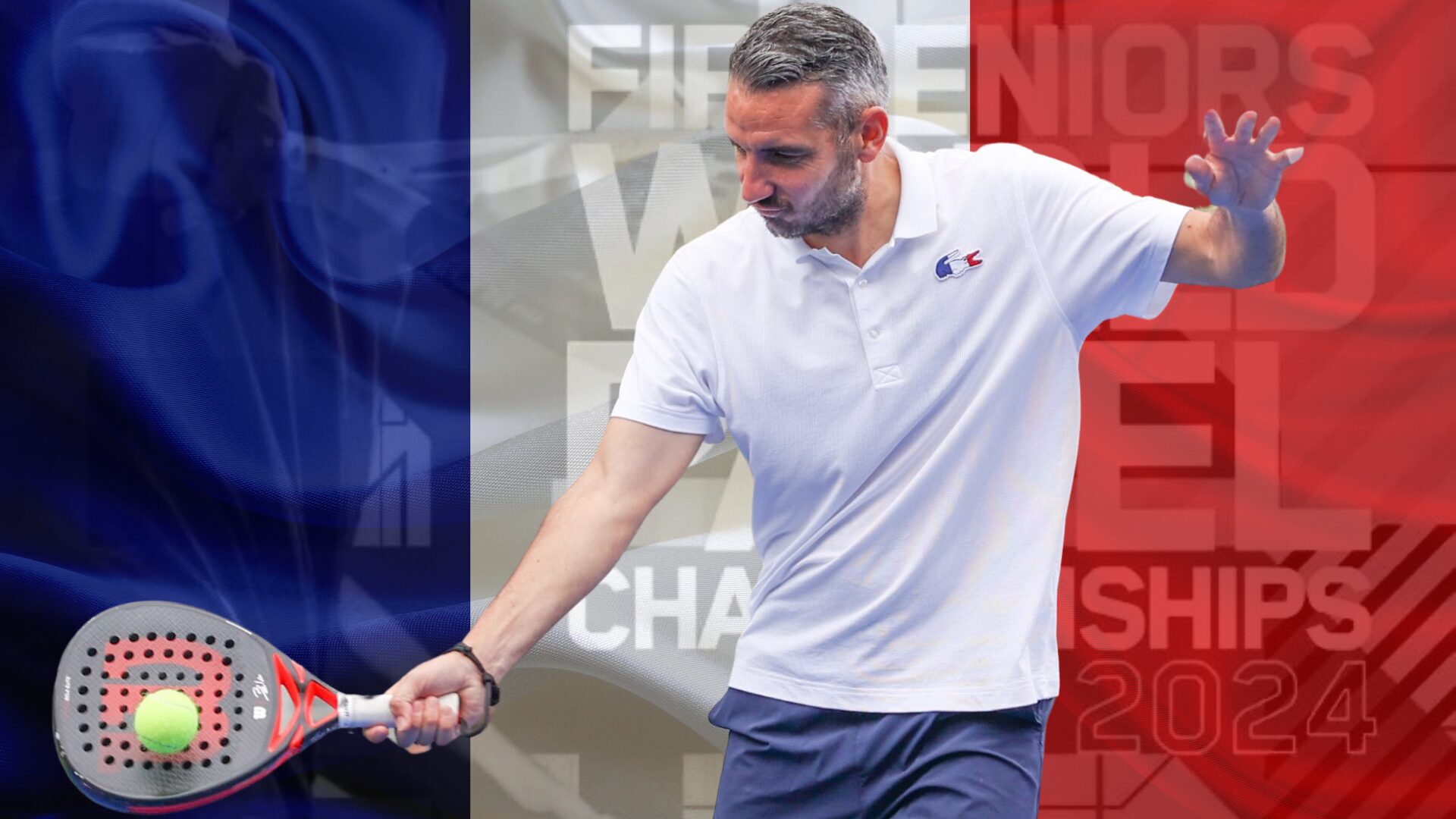 Simon Boissé: “We know that there are two nations in front of us”
Simon Boissé: “We know that there are two nations in front of us”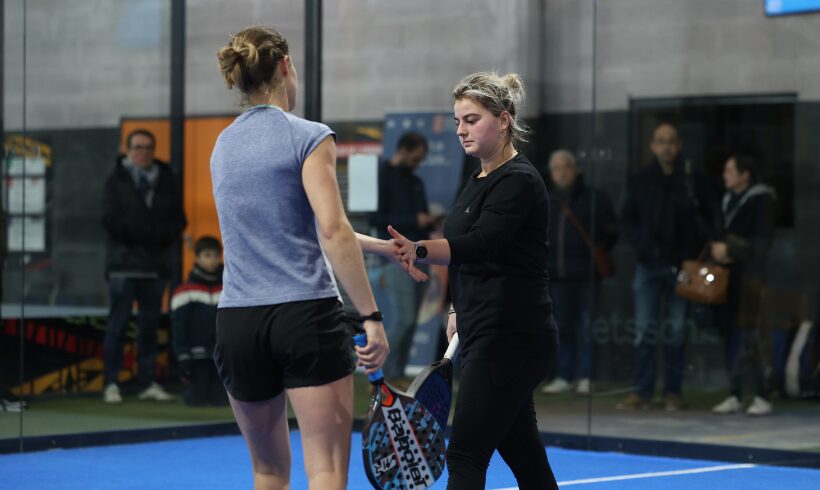 Marie Maligo: “This period of frequent changes of partners was beneficial for me”
Marie Maligo: “This period of frequent changes of partners was beneficial for me” The All Star Tour returns on May 16 at the All In in Lyon
The All Star Tour returns on May 16 at the All In in Lyon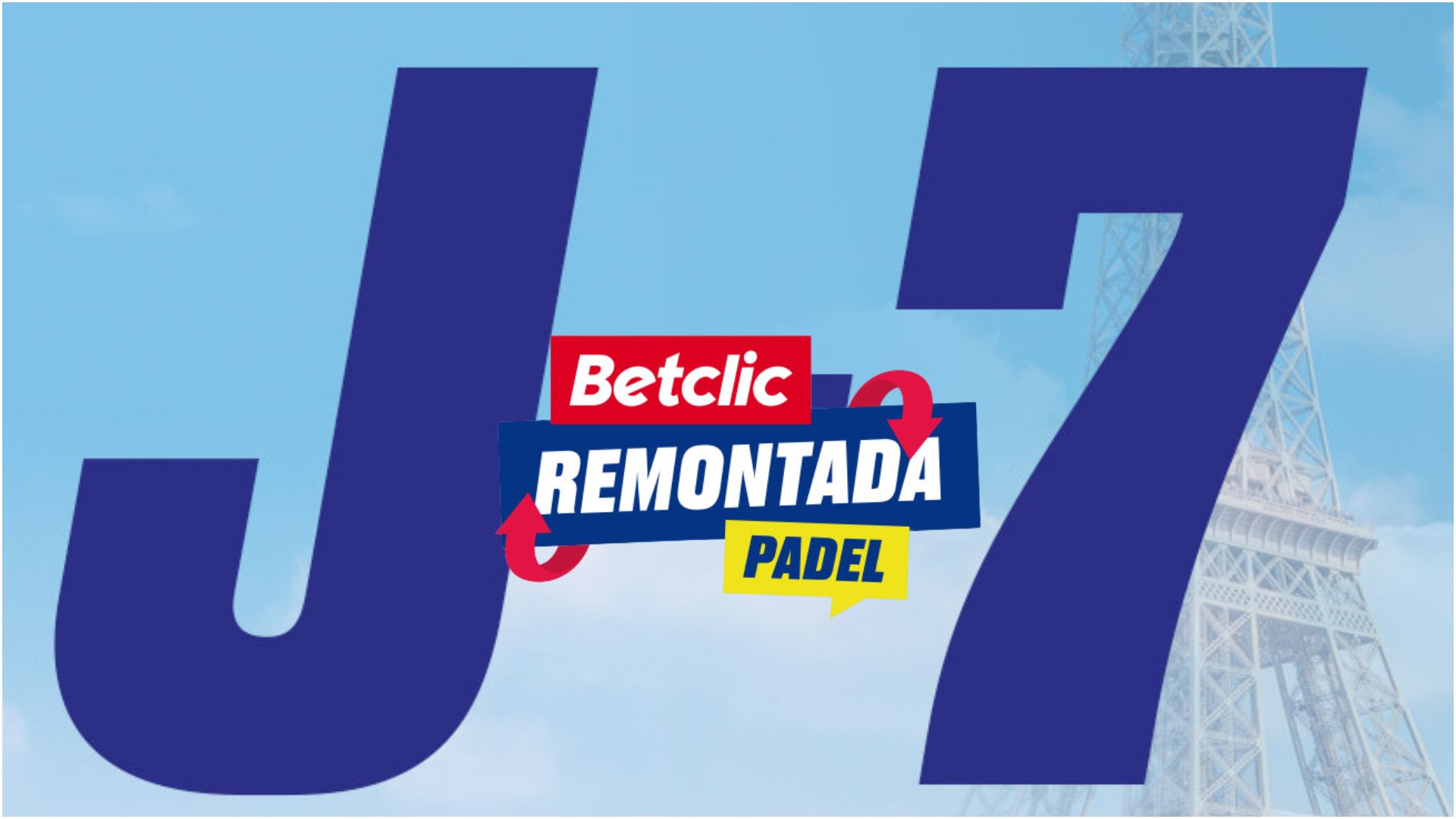 D-7 of the “BetClic Remontada Padel”, at the foot of the Eiffel Tower
D-7 of the “BetClic Remontada Padel”, at the foot of the Eiffel Tower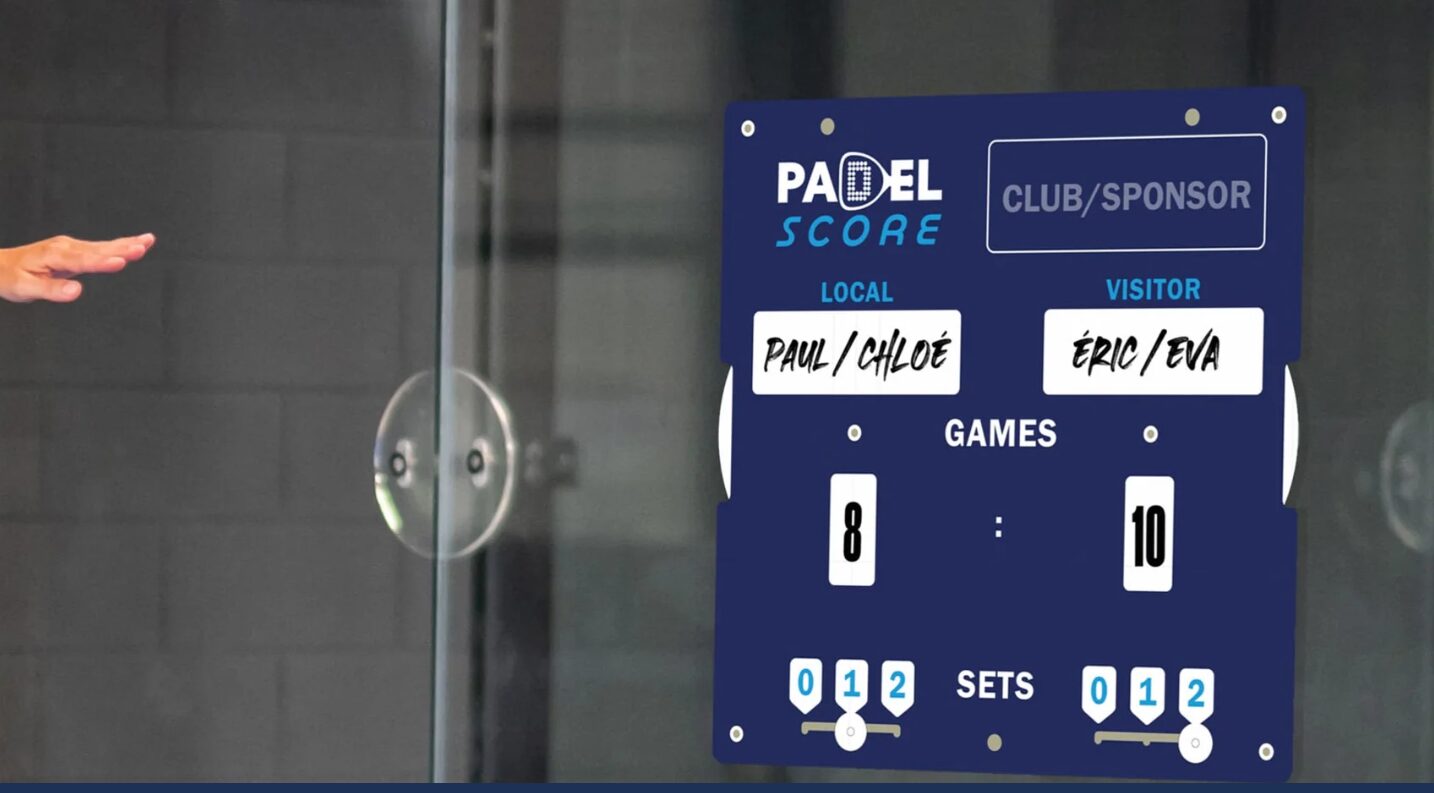 Padel Score: an essential table for keeping score
Padel Score: an essential table for keeping score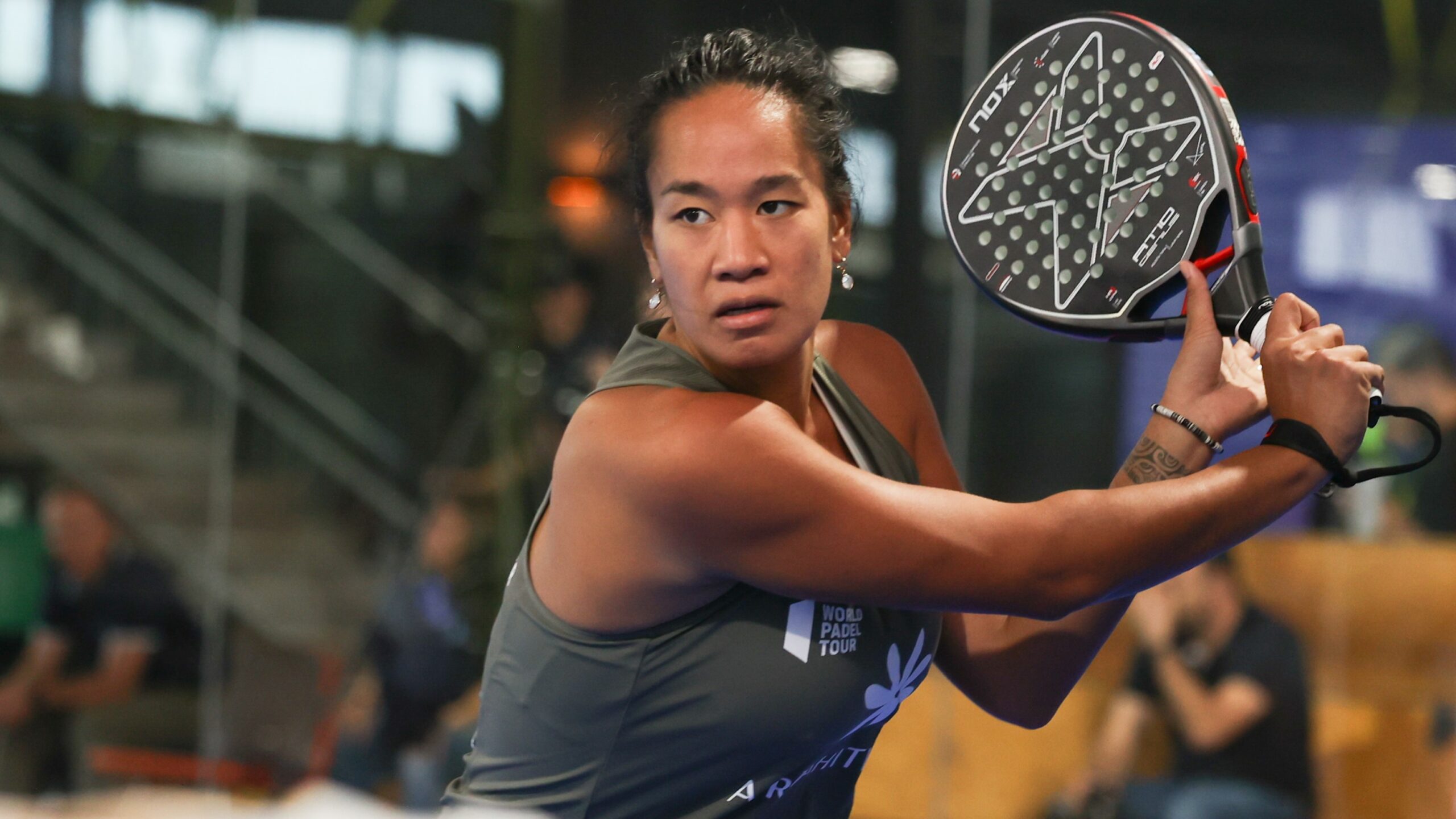 Léa Godallier makes her big return to the slopes this weekend
Léa Godallier makes her big return to the slopes this weekend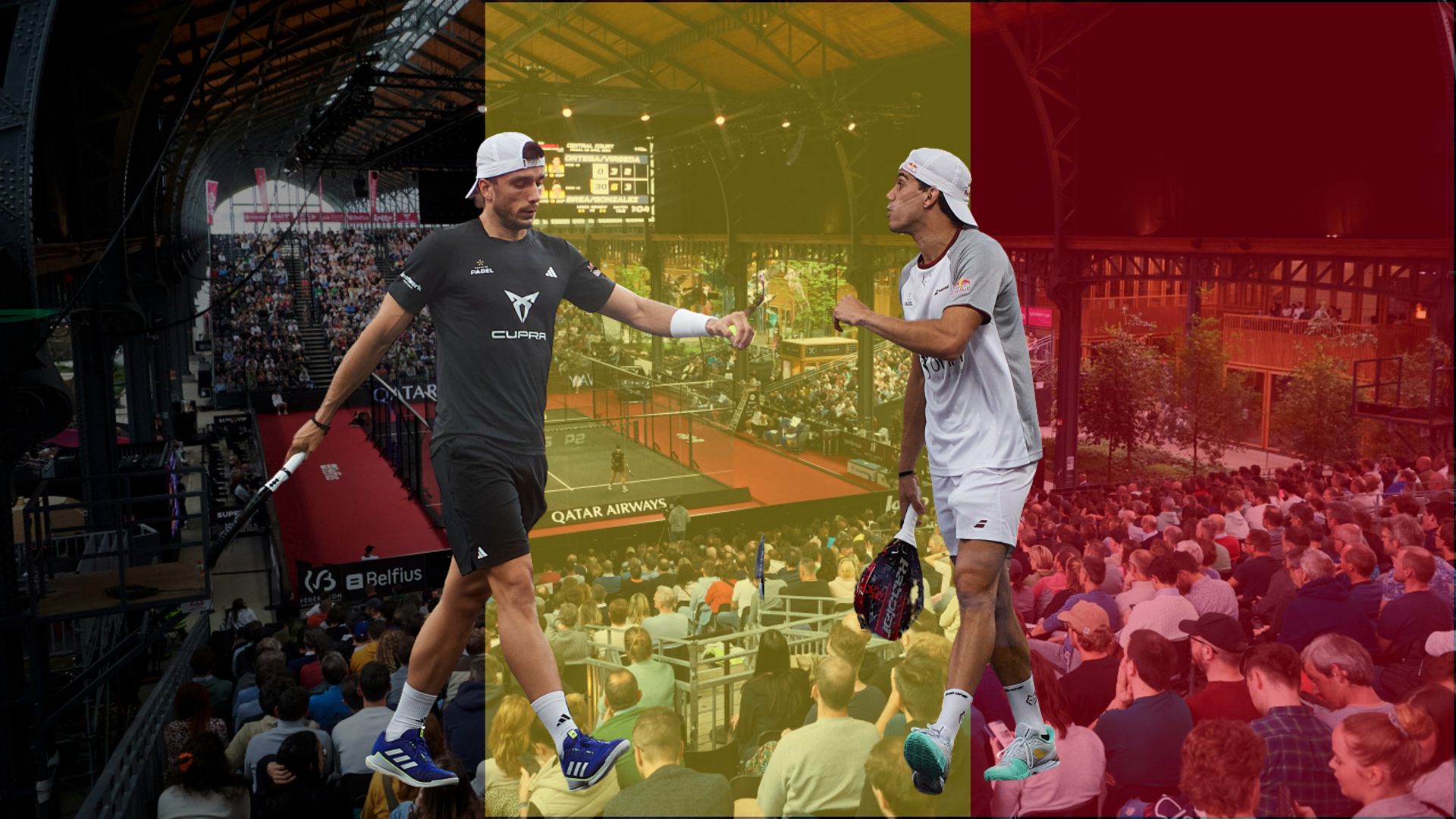 Premier Padel Brussels P2 – Juan Lebron and Ale Galan together in Belgium?
Premier Padel Brussels P2 – Juan Lebron and Ale Galan together in Belgium?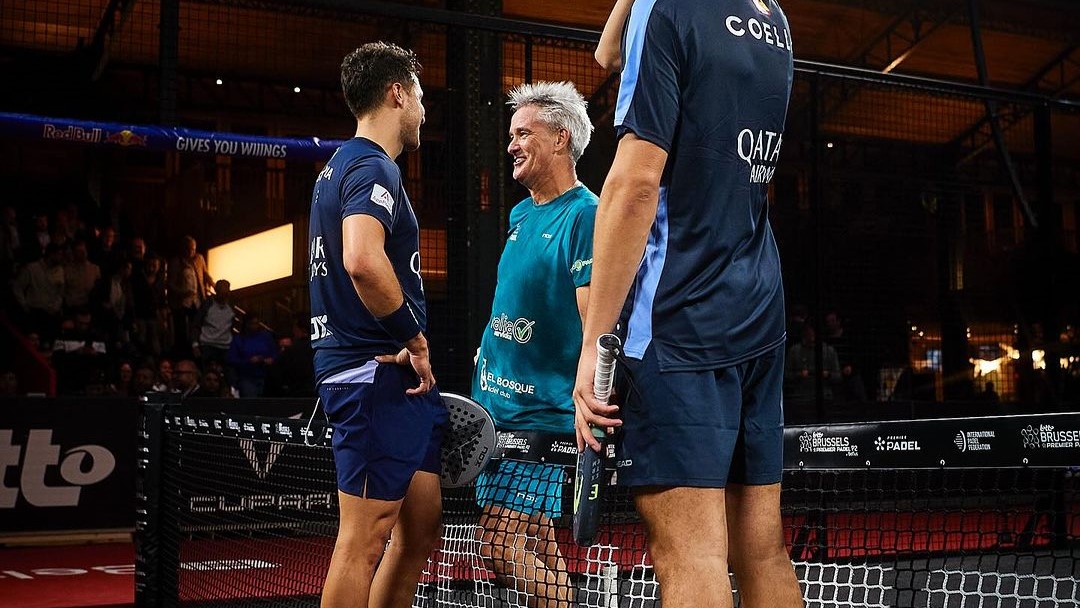 Agustin Tapia salutes the longevity of Miguel Lamperti
Agustin Tapia salutes the longevity of Miguel Lamperti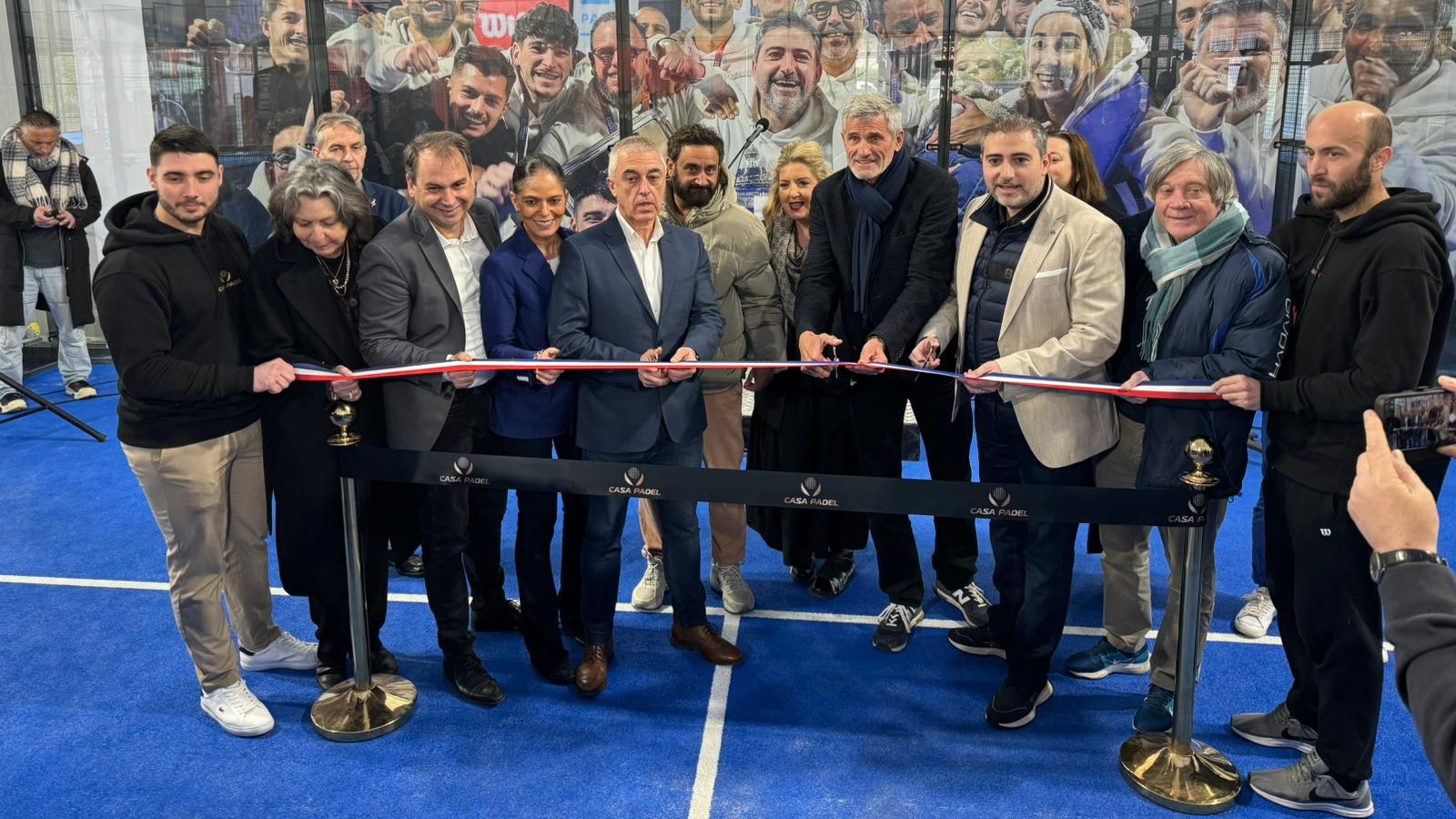 José Manuel Escin at the inauguration of Casa Padel DOS: “Finally, and thank you!”
José Manuel Escin at the inauguration of Casa Padel DOS: “Finally, and thank you!”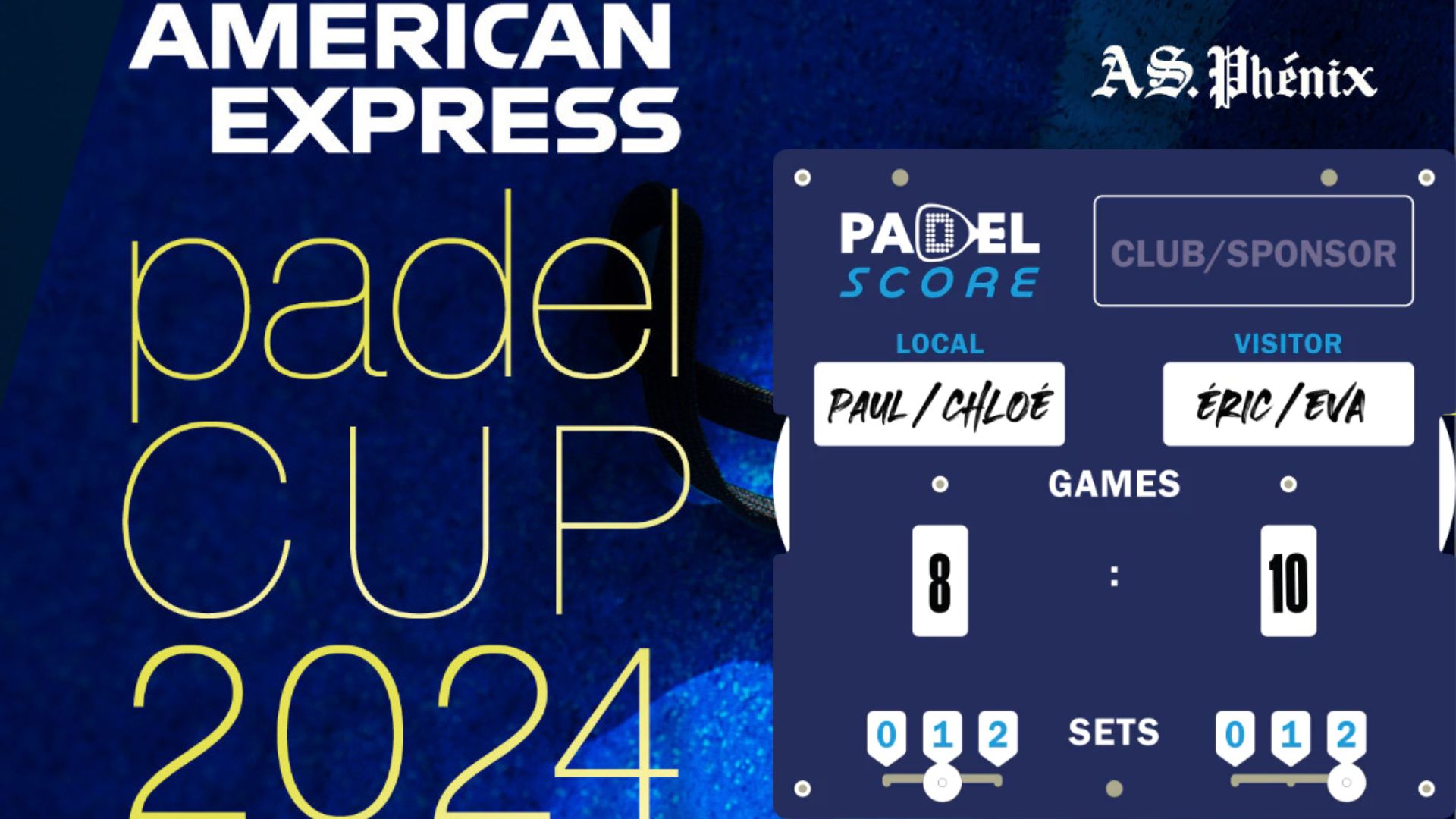 Padel Score comes to Tahiti for American Express Padel Cup!
Padel Score comes to Tahiti for American Express Padel Cup!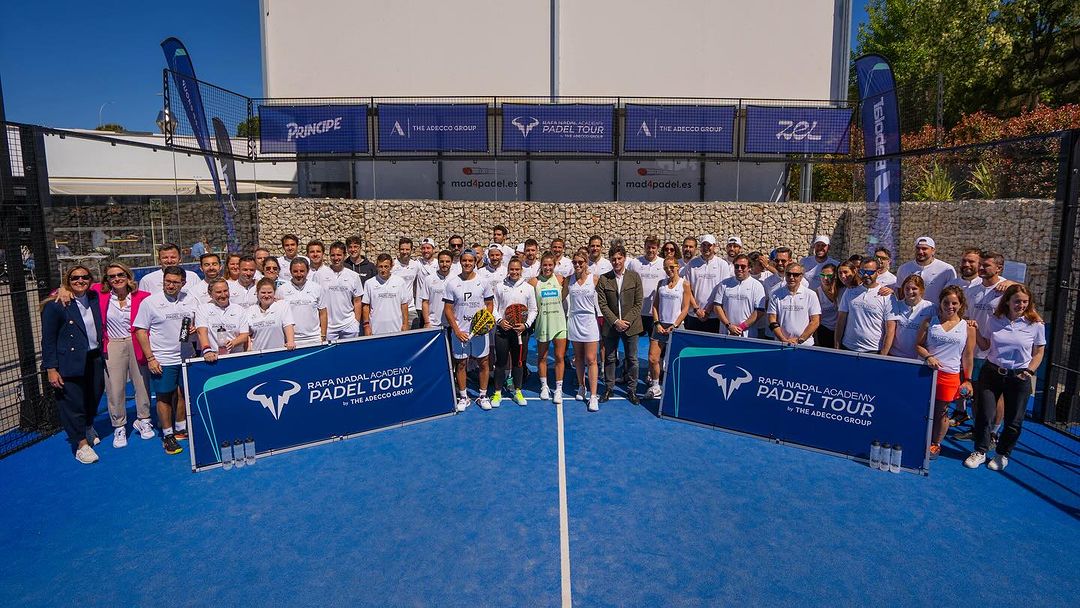 Do you know the Rafa Nadal Academy Tour?
Do you know the Rafa Nadal Academy Tour?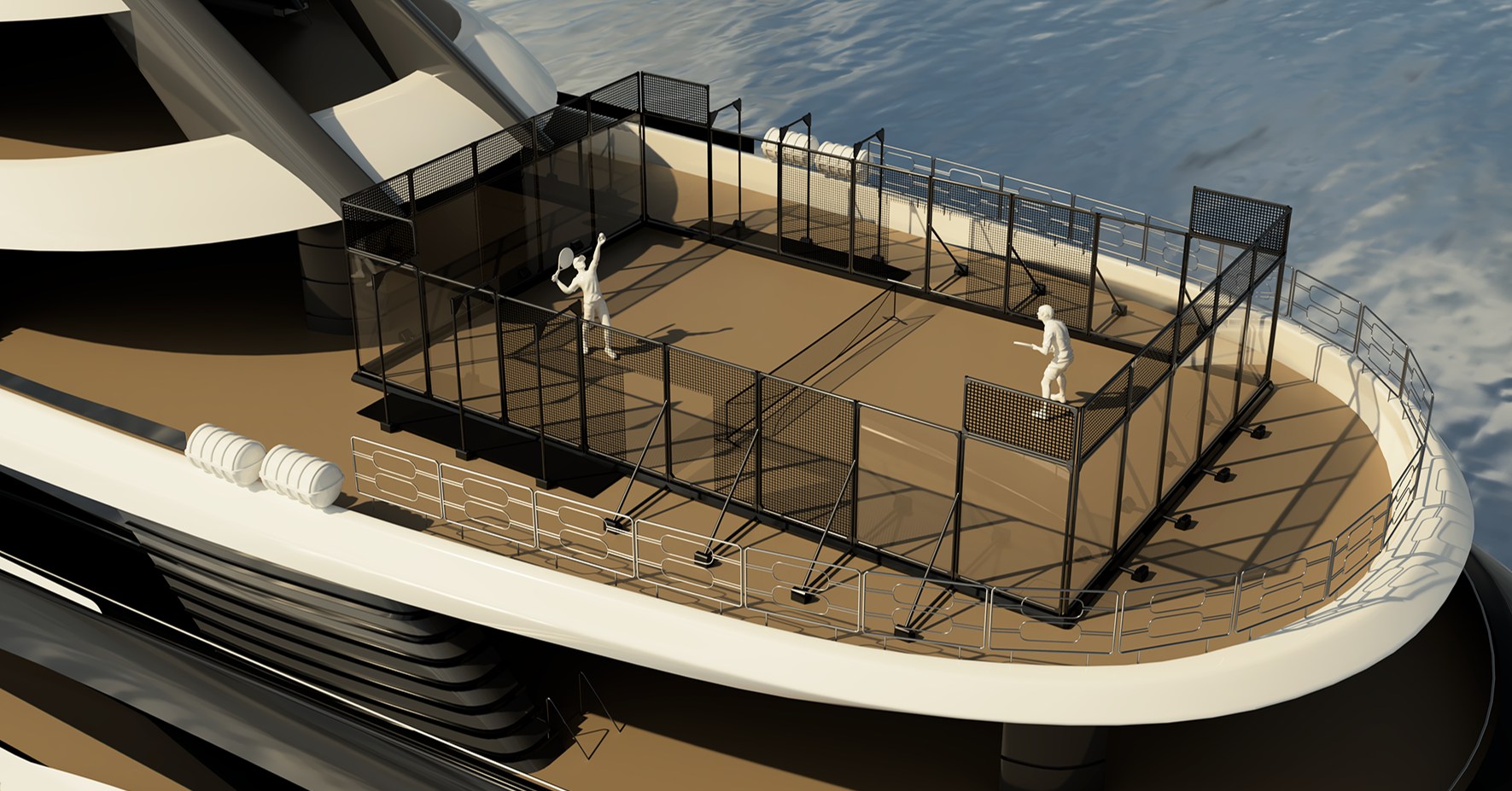 Play at padel on his yacht? Possible for €233.000!
Play at padel on his yacht? Possible for €233.000! Presentation of the Wilson Bela V2.5 collection
Presentation of the Wilson Bela V2.5 collection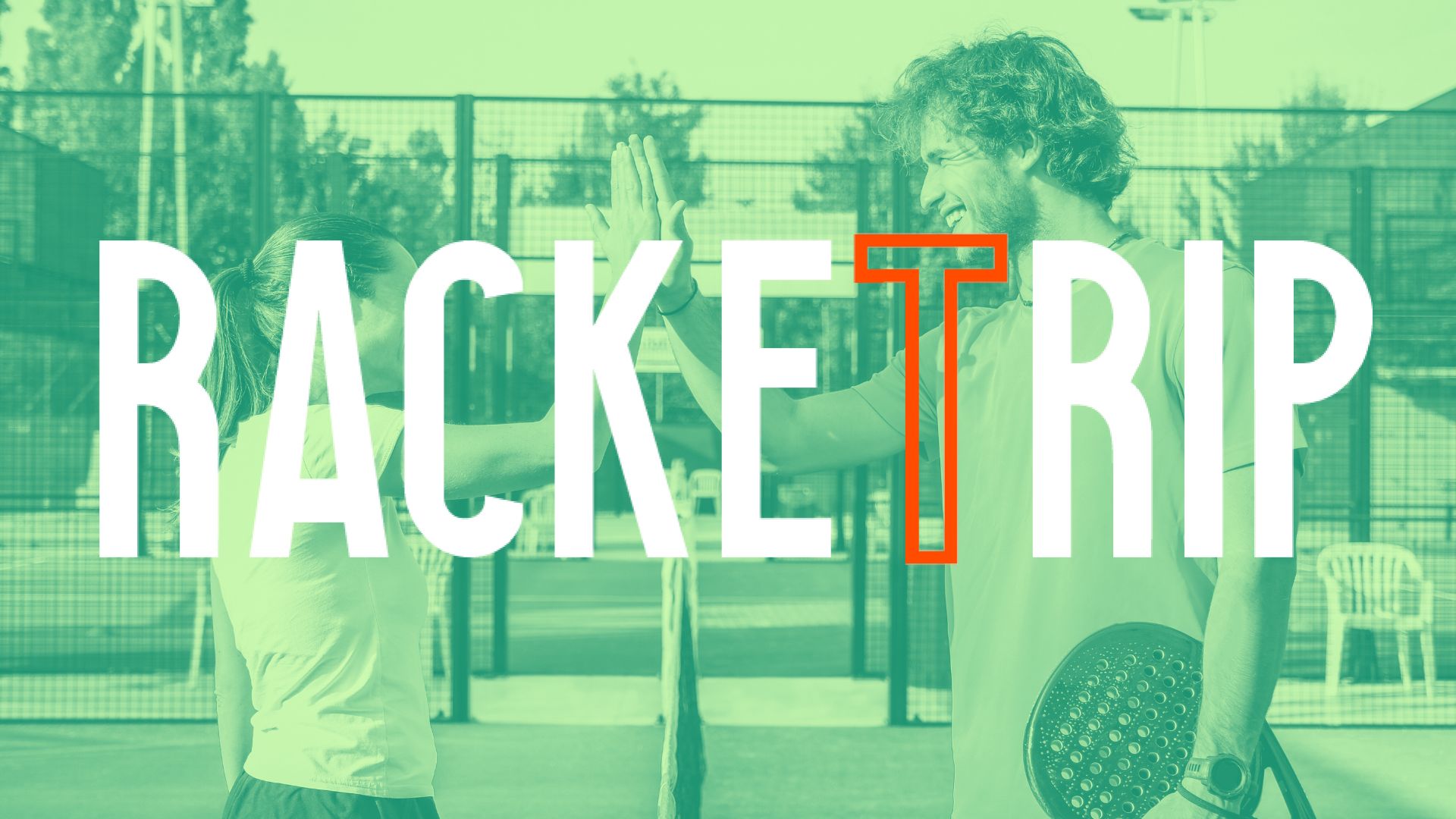 The LinkedIn of racquet sports: Racket Trip
The LinkedIn of racquet sports: Racket Trip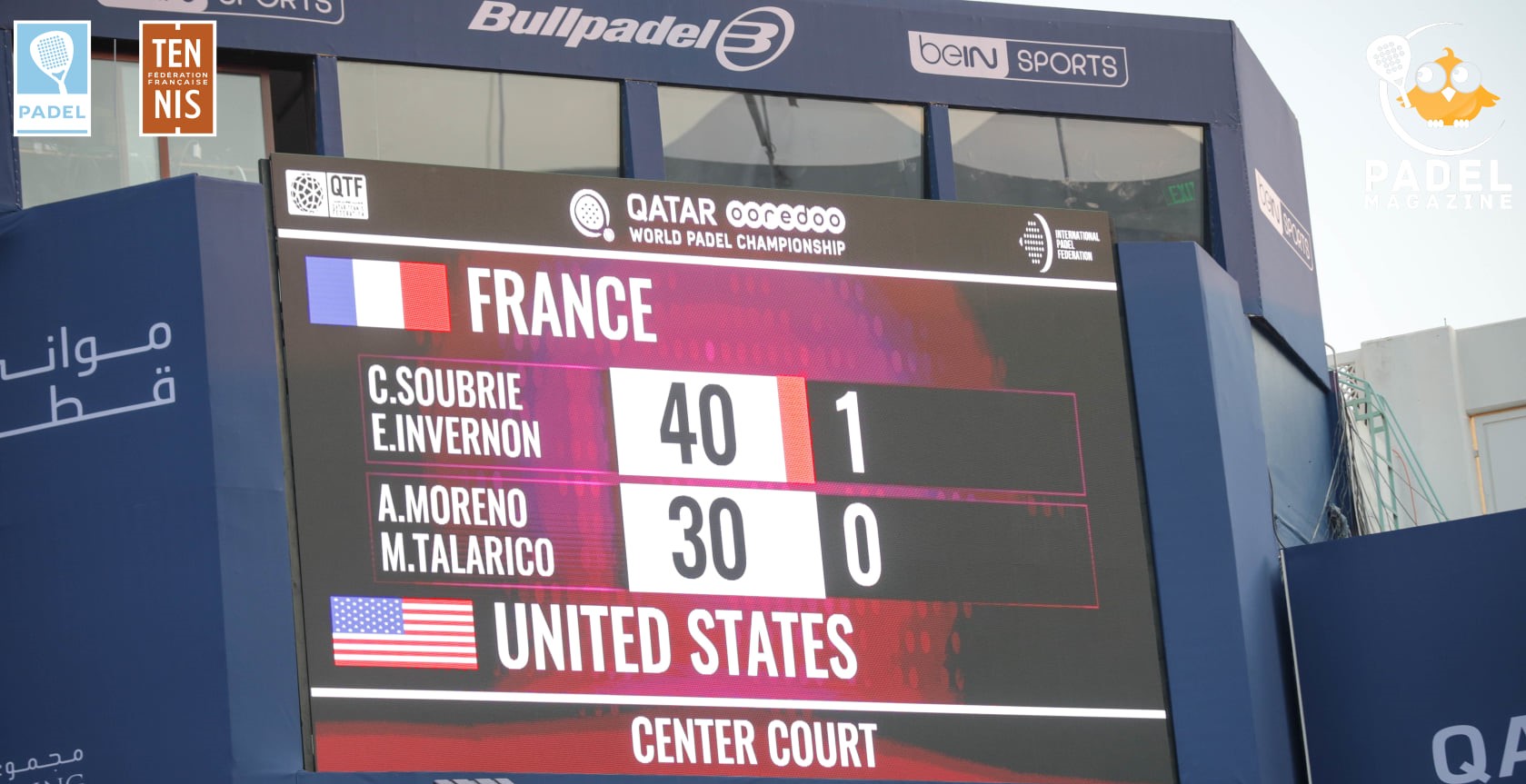 The score at padel : manual
The score at padel : manual Our Top 10 training courses padel in France and Europe
Our Top 10 training courses padel in France and Europe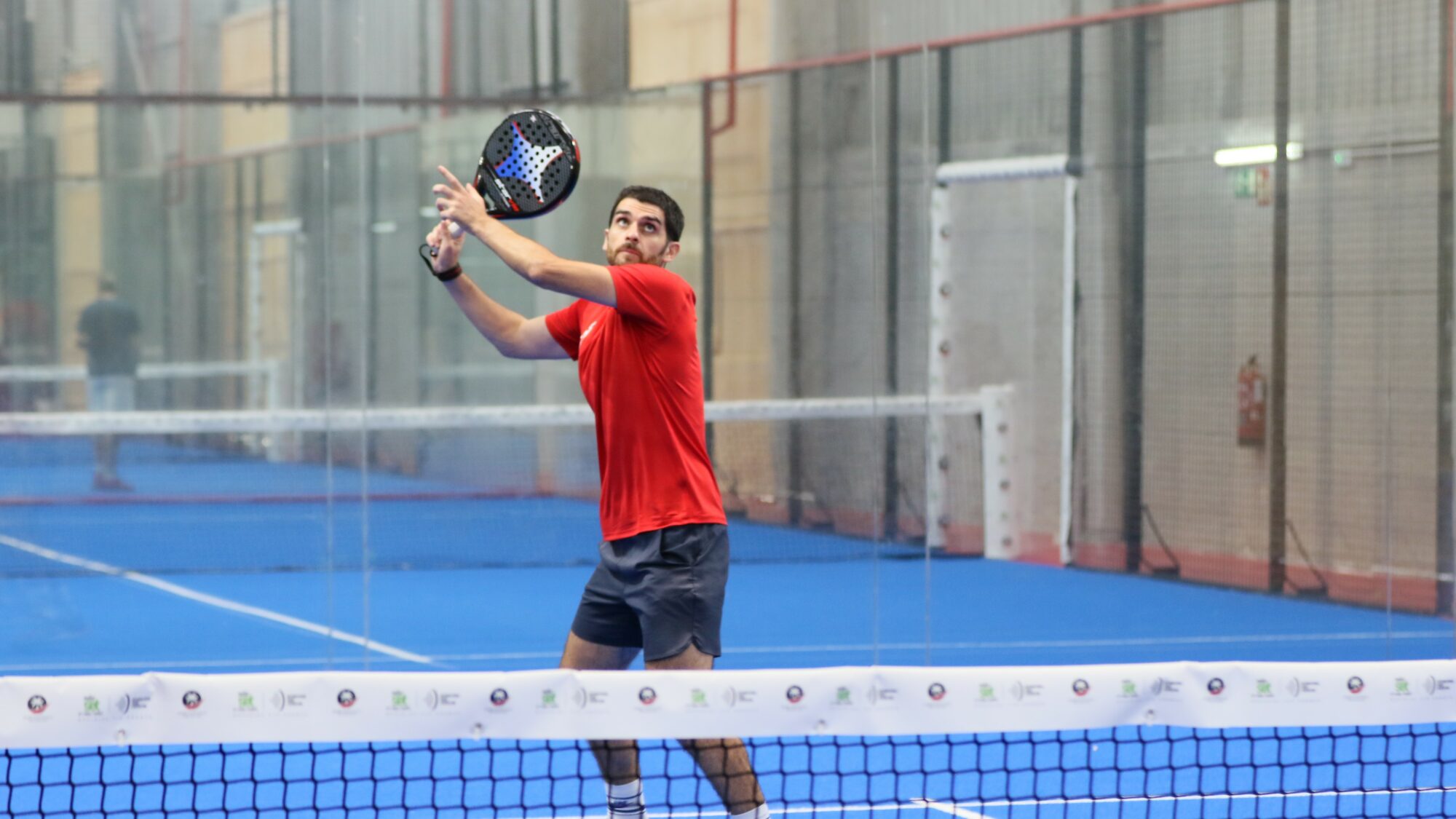 At the heart of padel – Episode 25: Paul and Andoni answer your questions
At the heart of padel – Episode 25: Paul and Andoni answer your questions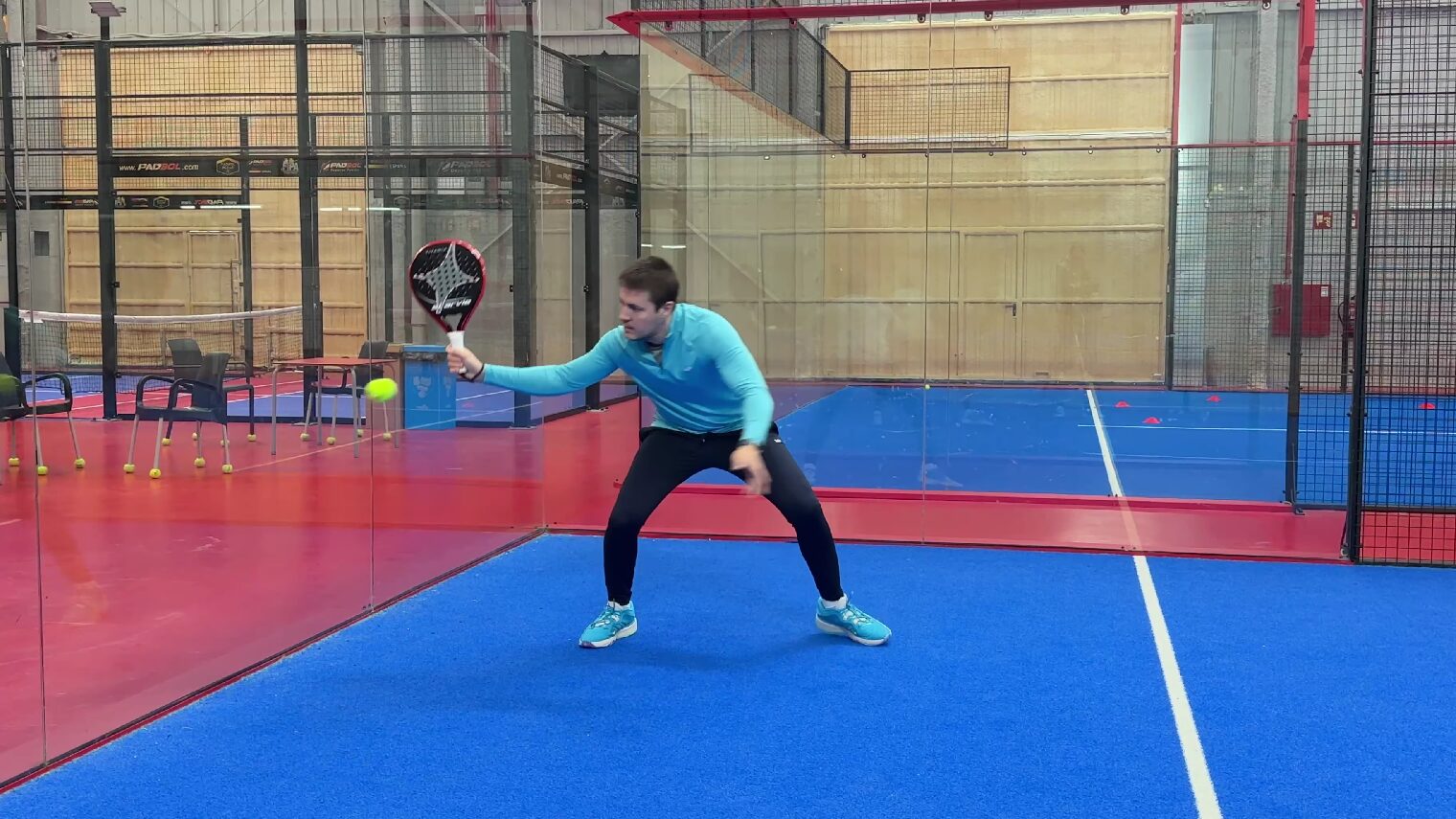 At the heart of padel – Episode 23: defend the window well
At the heart of padel – Episode 23: defend the window well Prohibition on playing topless Padel : the reasons
Prohibition on playing topless Padel : the reasons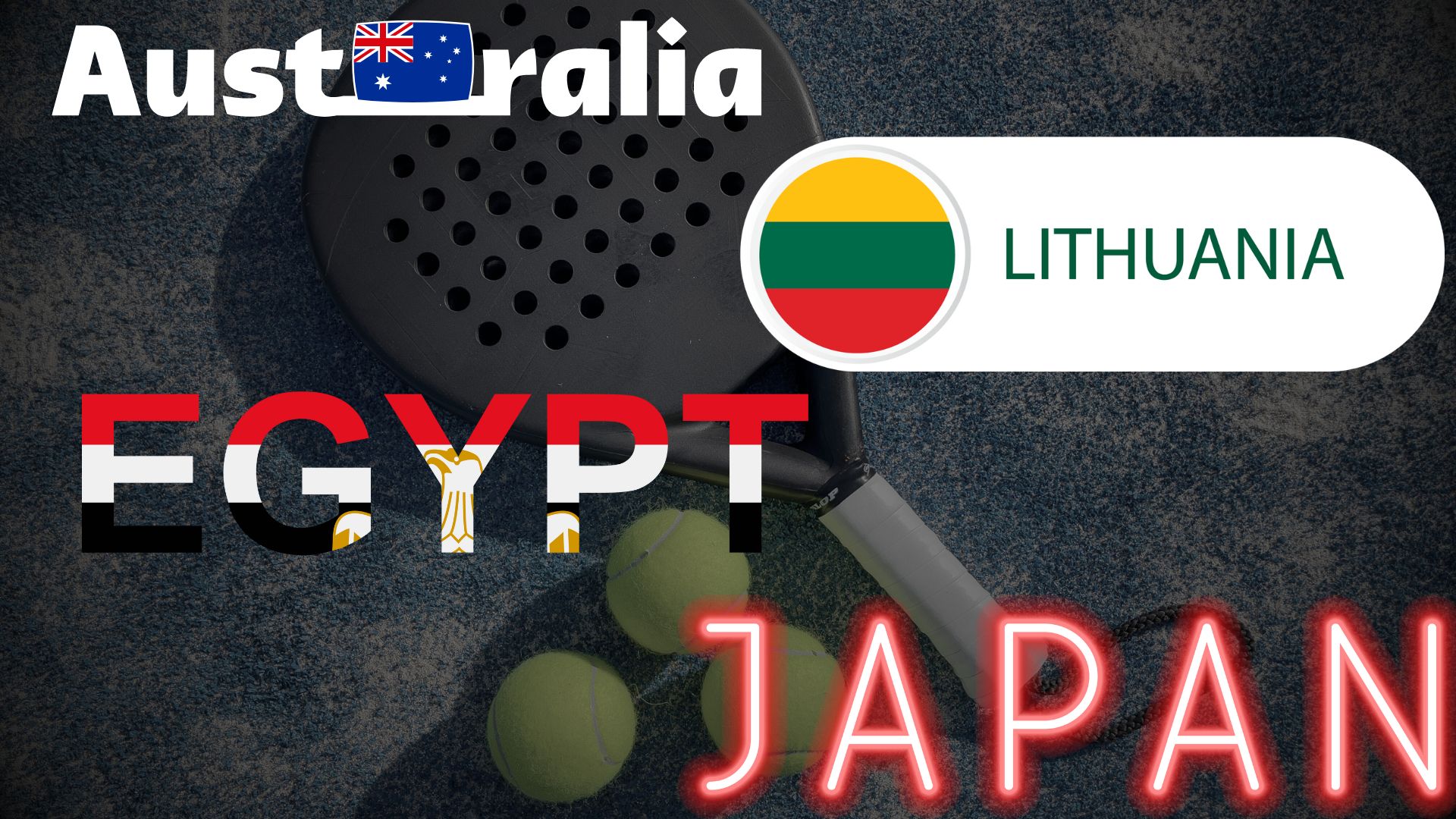 FIP Tour – Going far from Europe, THE strategy to earn points!
FIP Tour – Going far from Europe, THE strategy to earn points!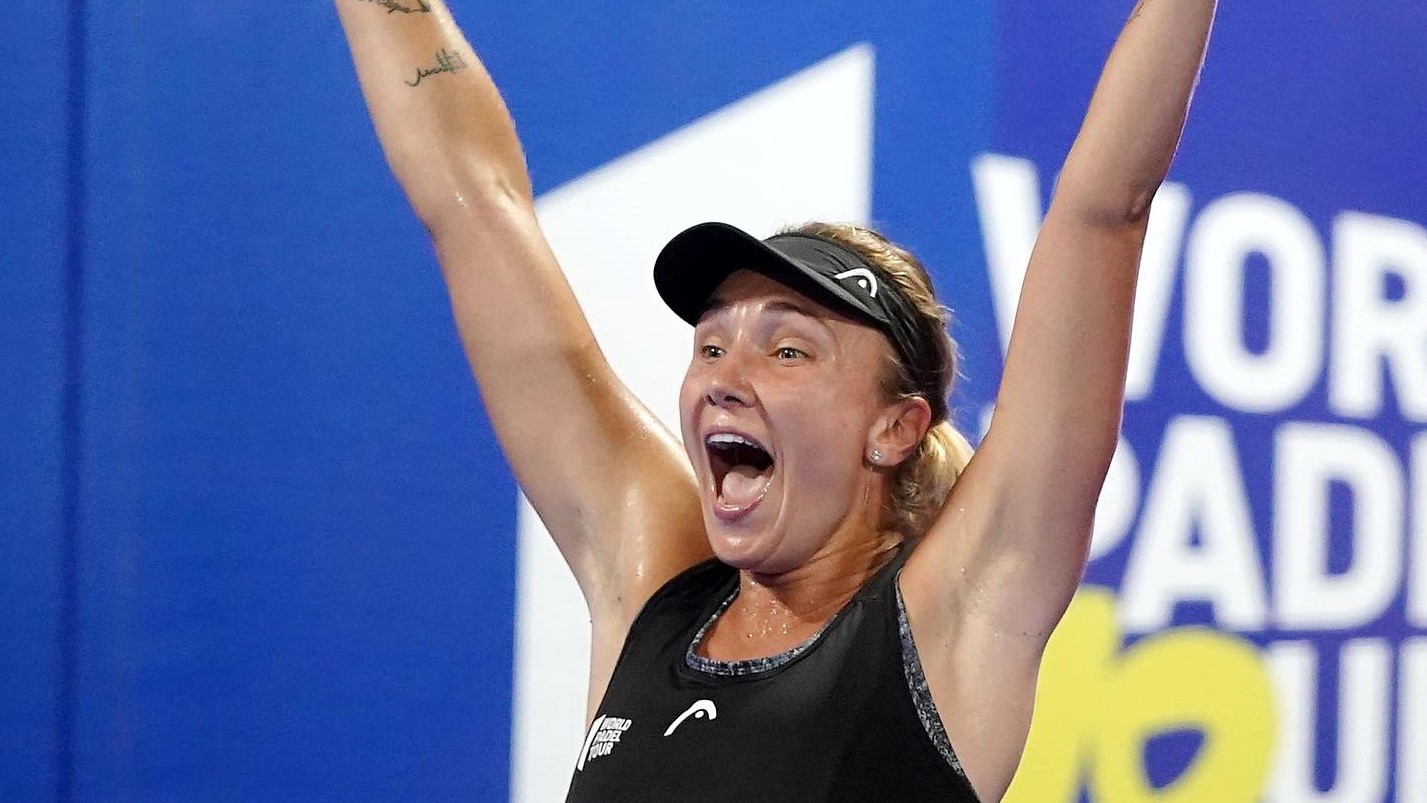 What is a good football player? padel ?
What is a good football player? padel ? “Lefties give me headaches when I play against them!”
“Lefties give me headaches when I play against them!”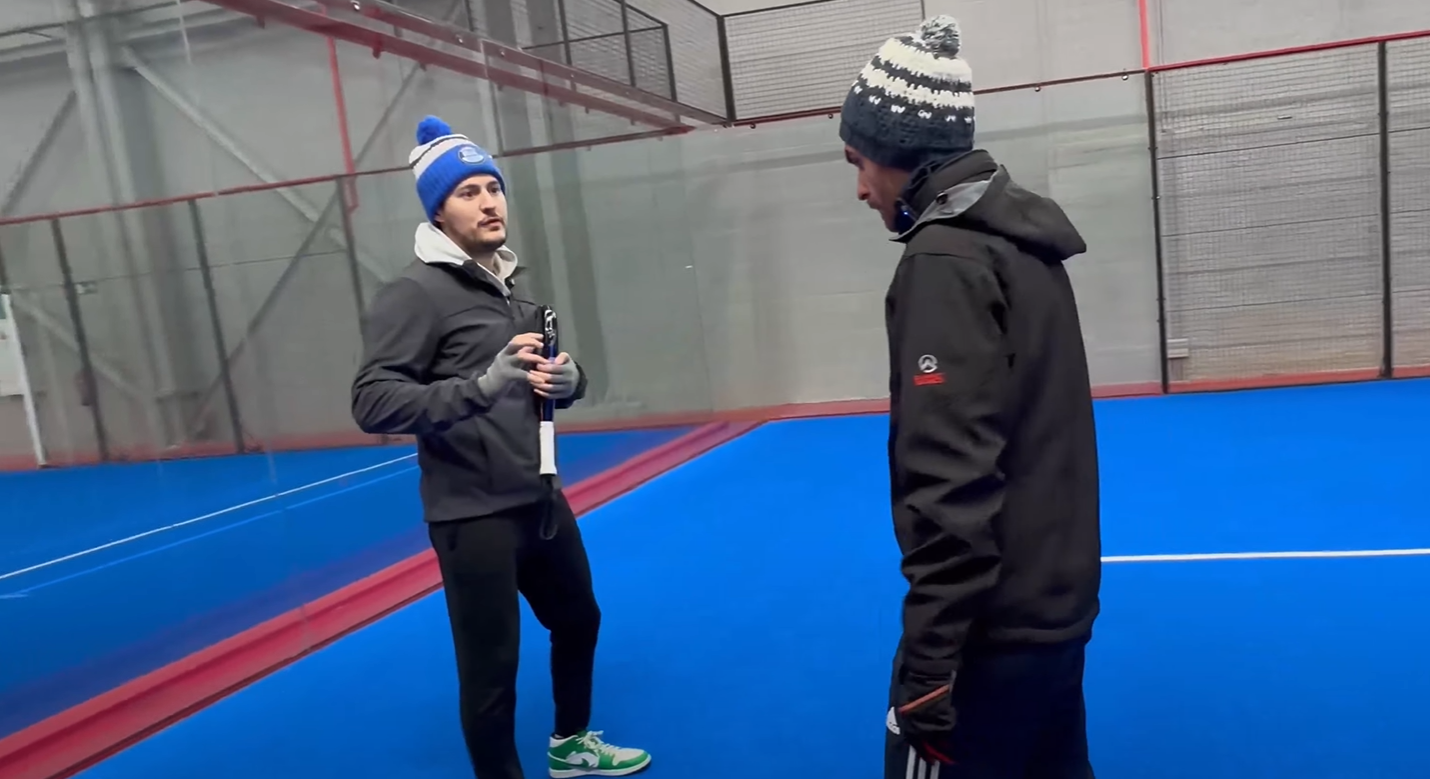 At the heart of padel – Episode 14: how to earn points in winter?
At the heart of padel – Episode 14: how to earn points in winter?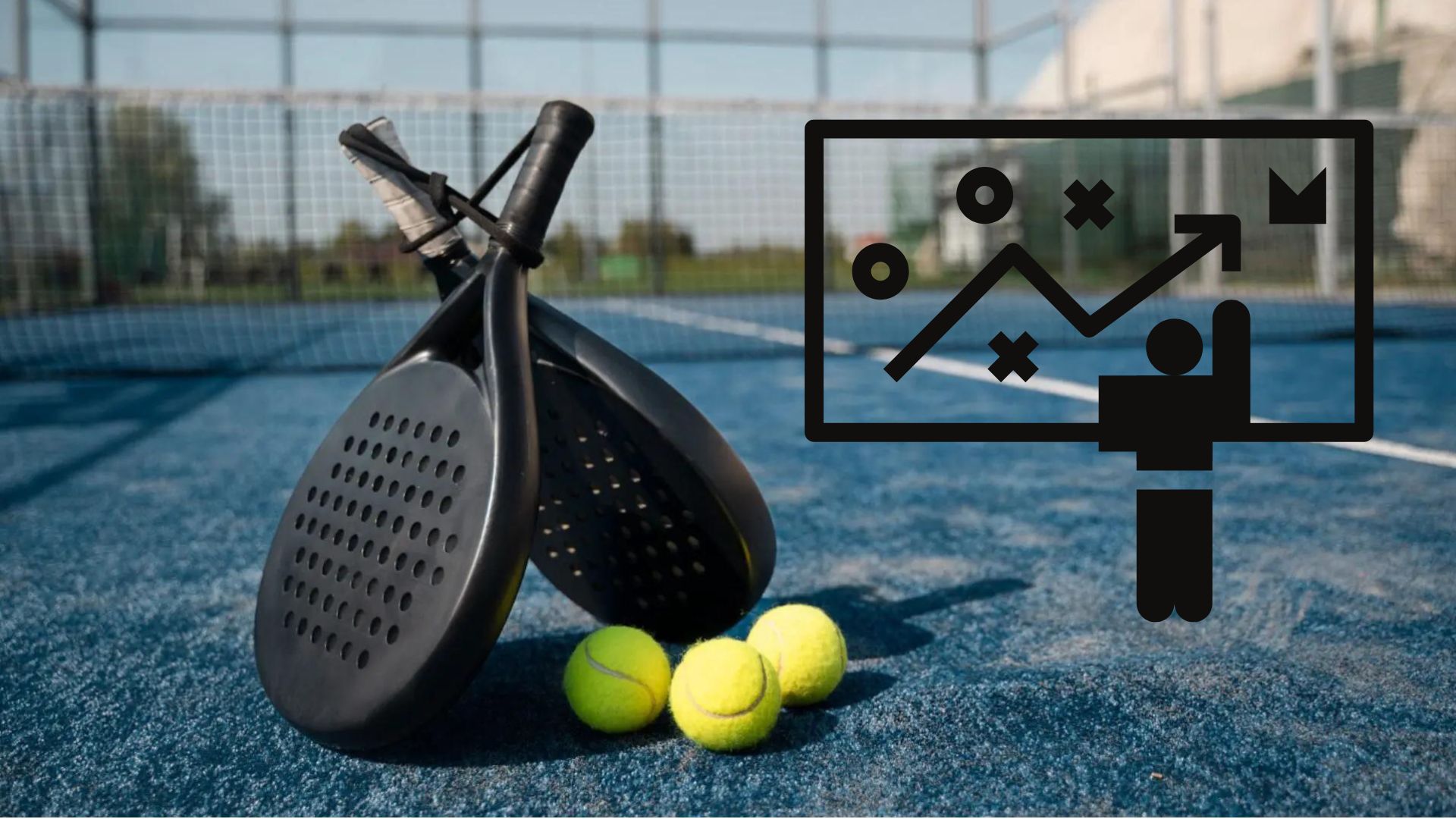 The basic tactics of padel
The basic tactics of padel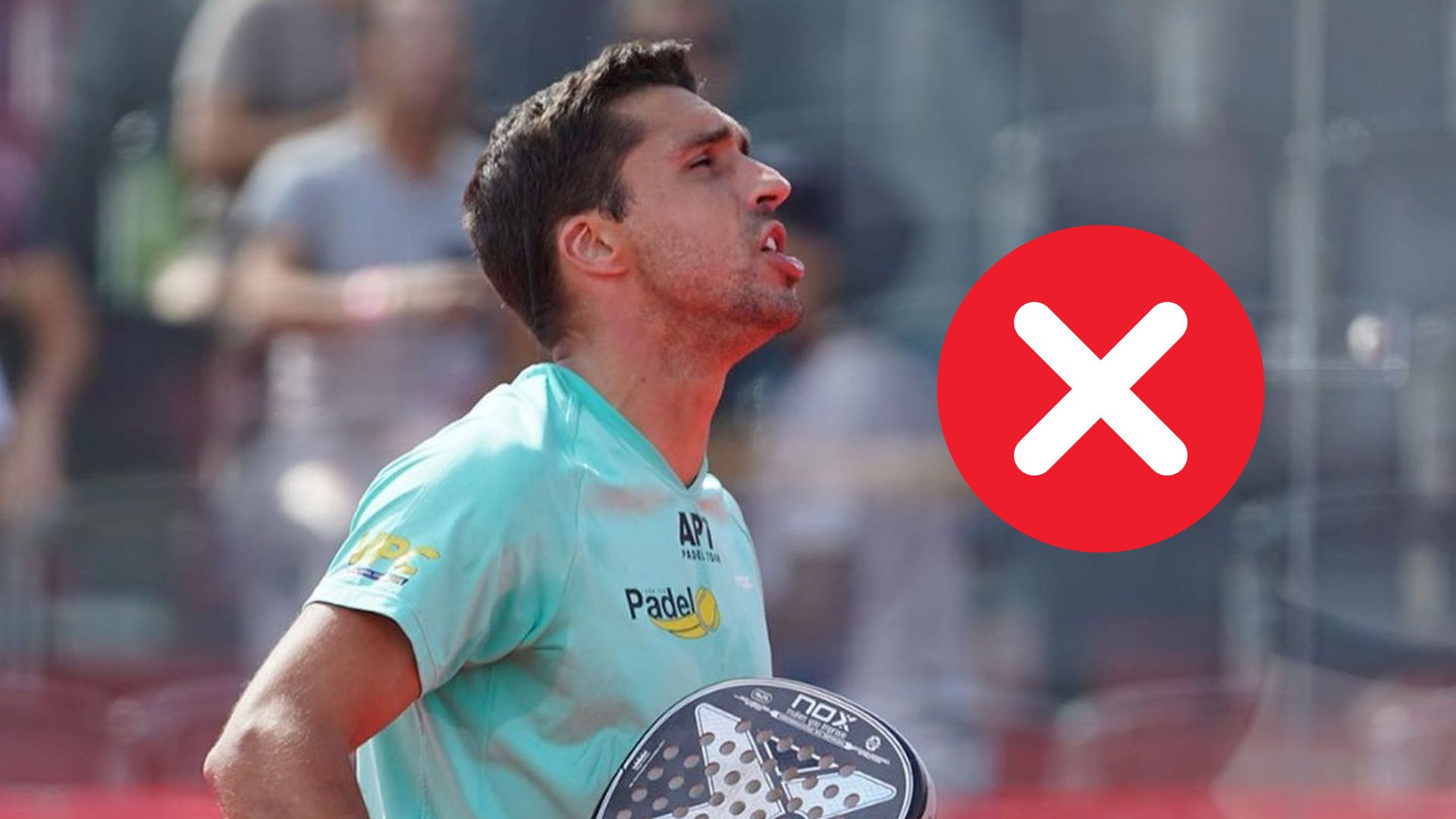 A par 4 is always a winner...even if you manage to defend it!
A par 4 is always a winner...even if you manage to defend it!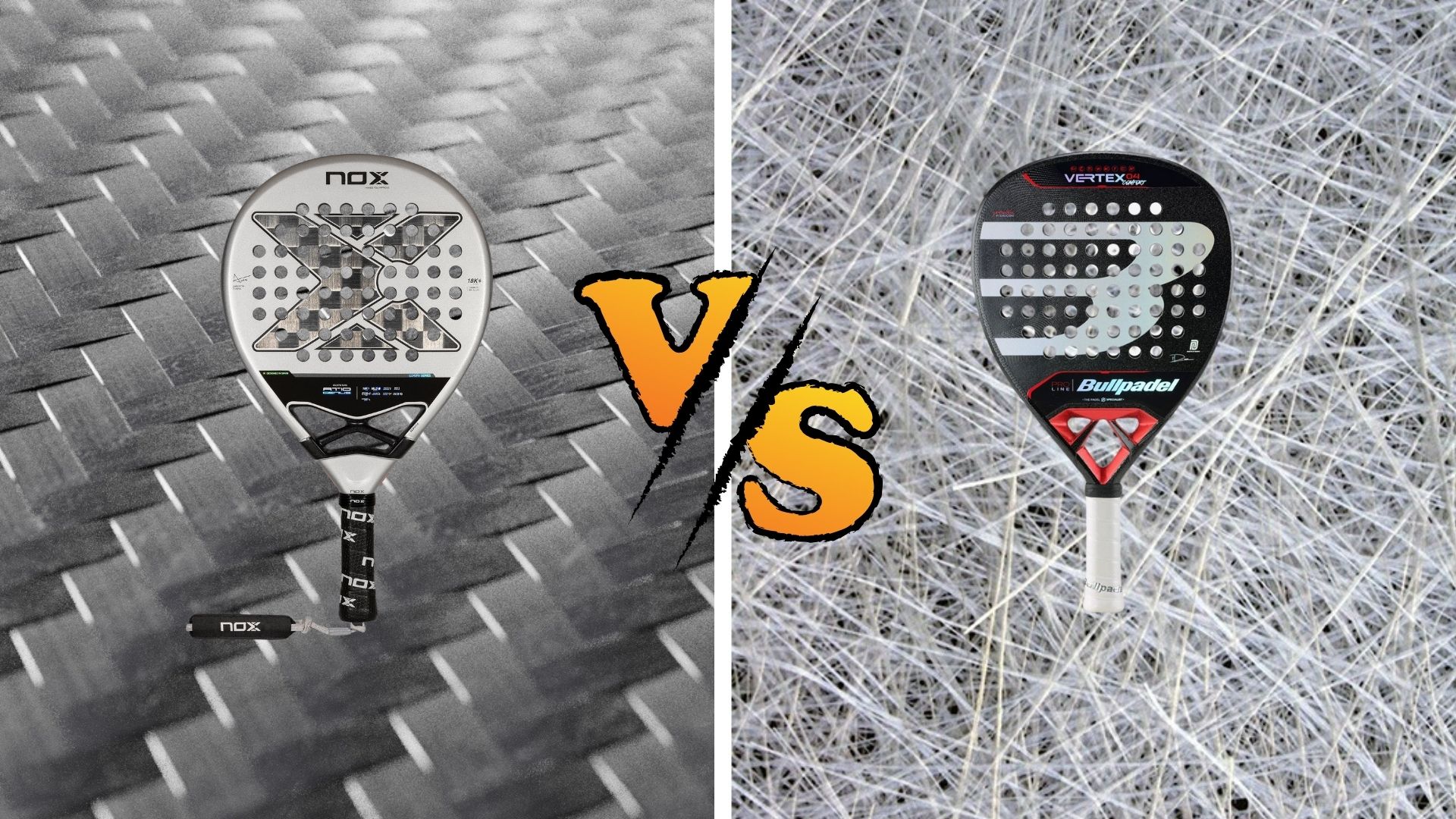 Carbon fiber VS fiberglass: what to choose?
Carbon fiber VS fiberglass: what to choose?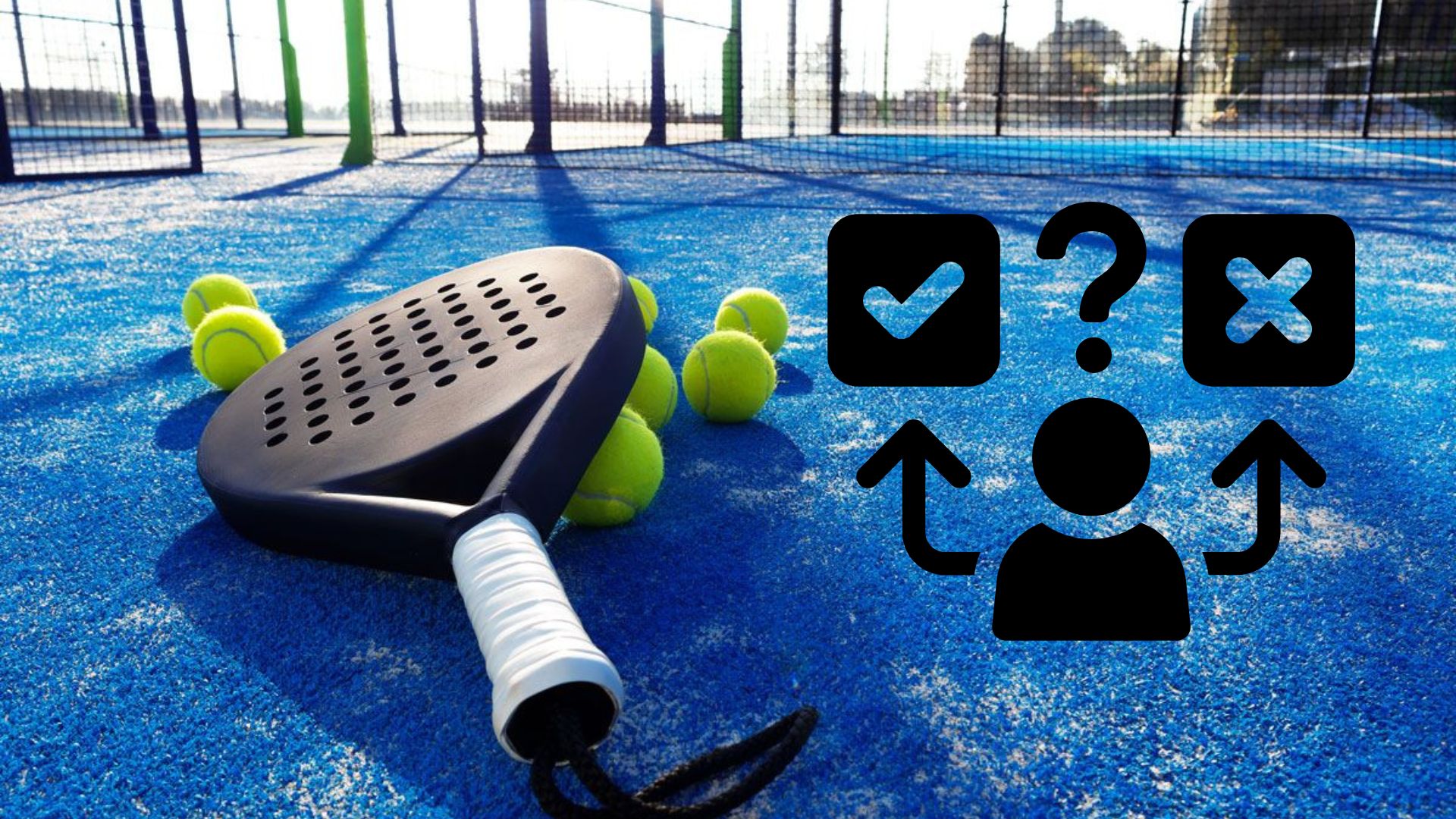 How to effectively test a racket padel ?
How to effectively test a racket padel ?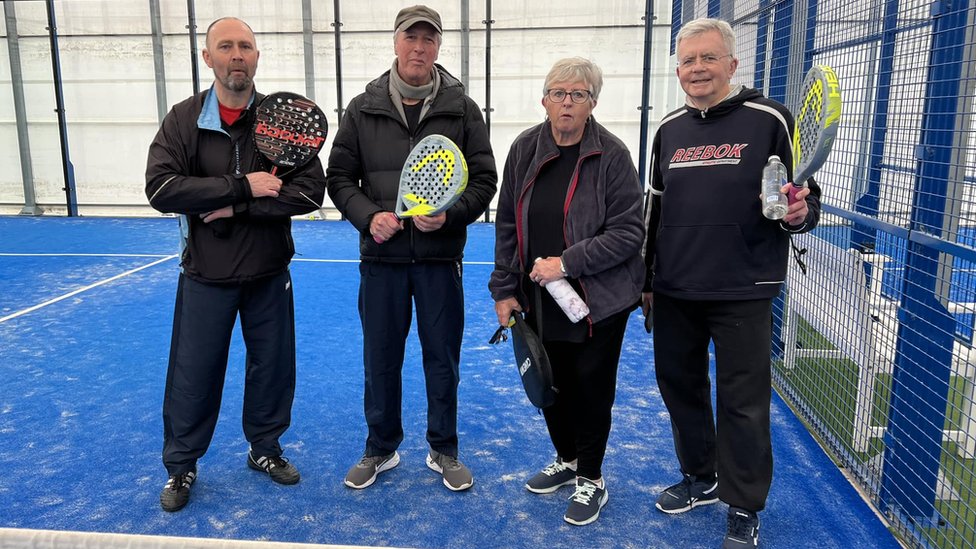 La padel to fight Parkinson's disease
La padel to fight Parkinson's disease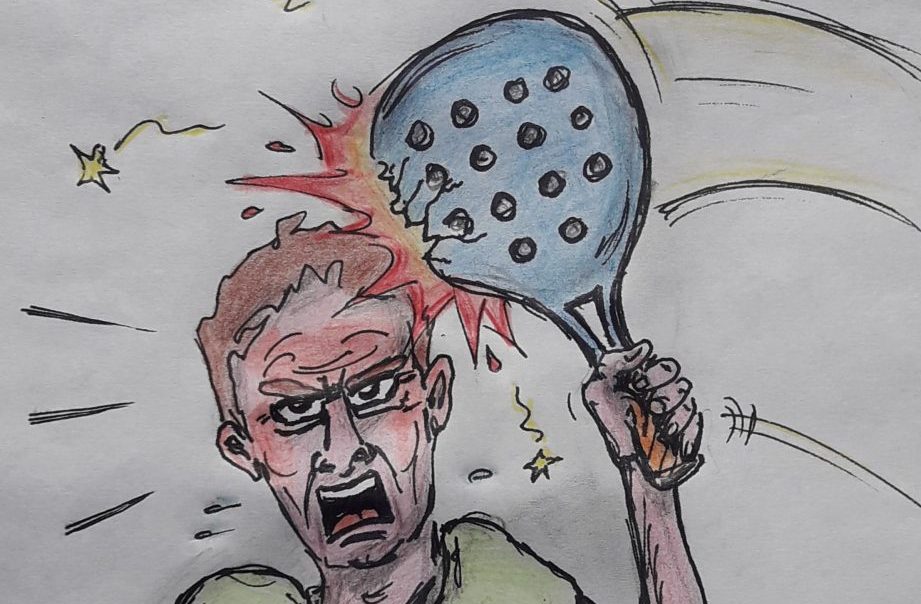 Don't play with a cracked or broken racket, your body will thank you!
Don't play with a cracked or broken racket, your body will thank you! Michel Cymes: “The padel, physically, it’s serious!”
Michel Cymes: “The padel, physically, it’s serious!”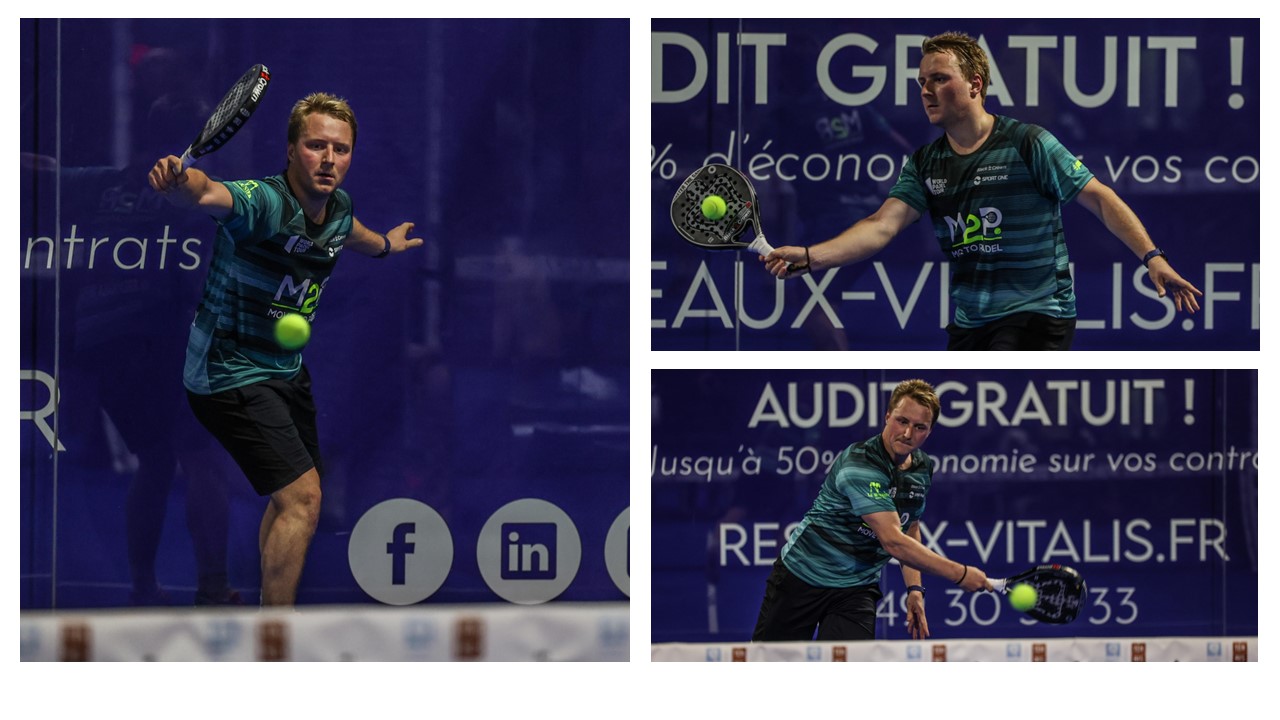 Jeremy Gala: “Promote the padel among young people in Belgium remains a challenge”
Jeremy Gala: “Promote the padel among young people in Belgium remains a challenge” The French Touch Academy organizes its selection day Padel-Study
The French Touch Academy organizes its selection day Padel-Study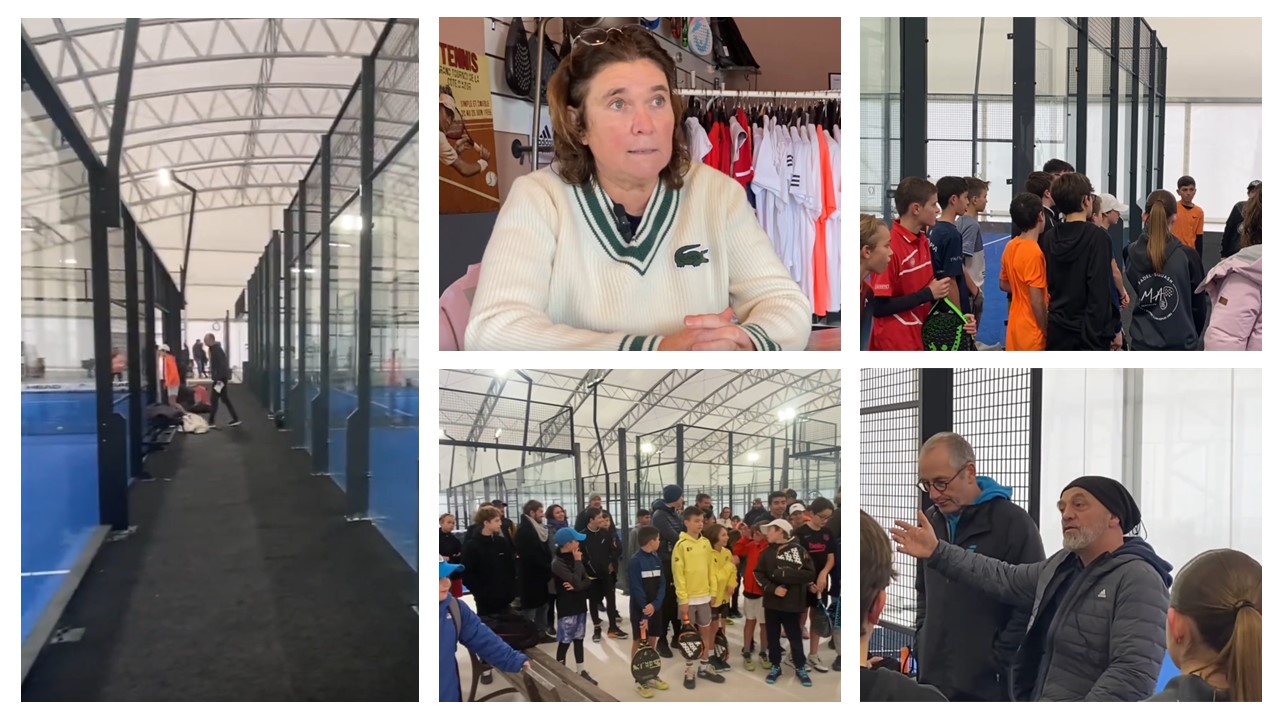 Report on the detection and training of younger generations
Report on the detection and training of younger generations